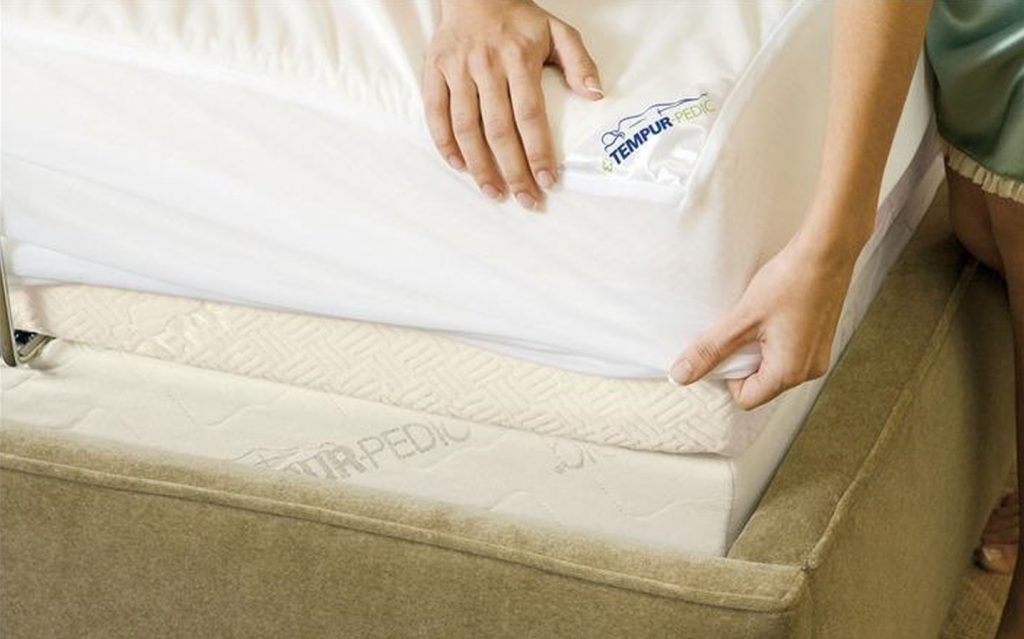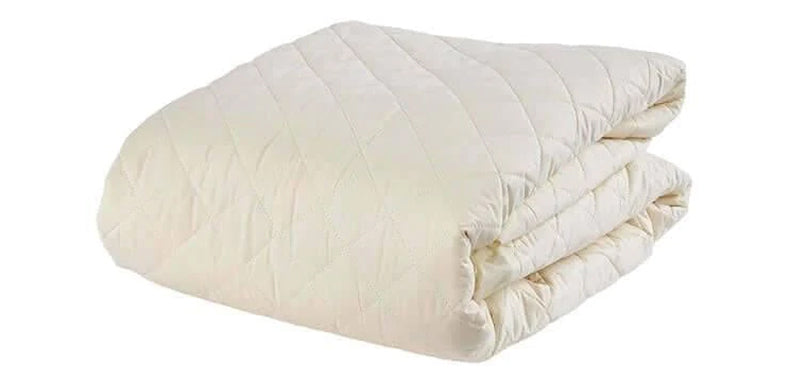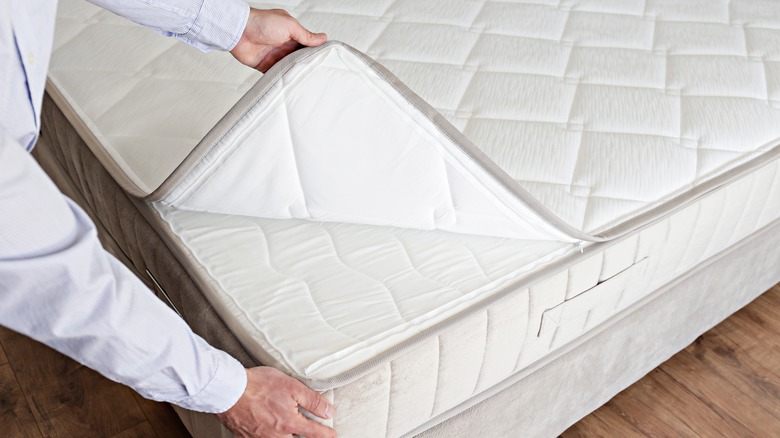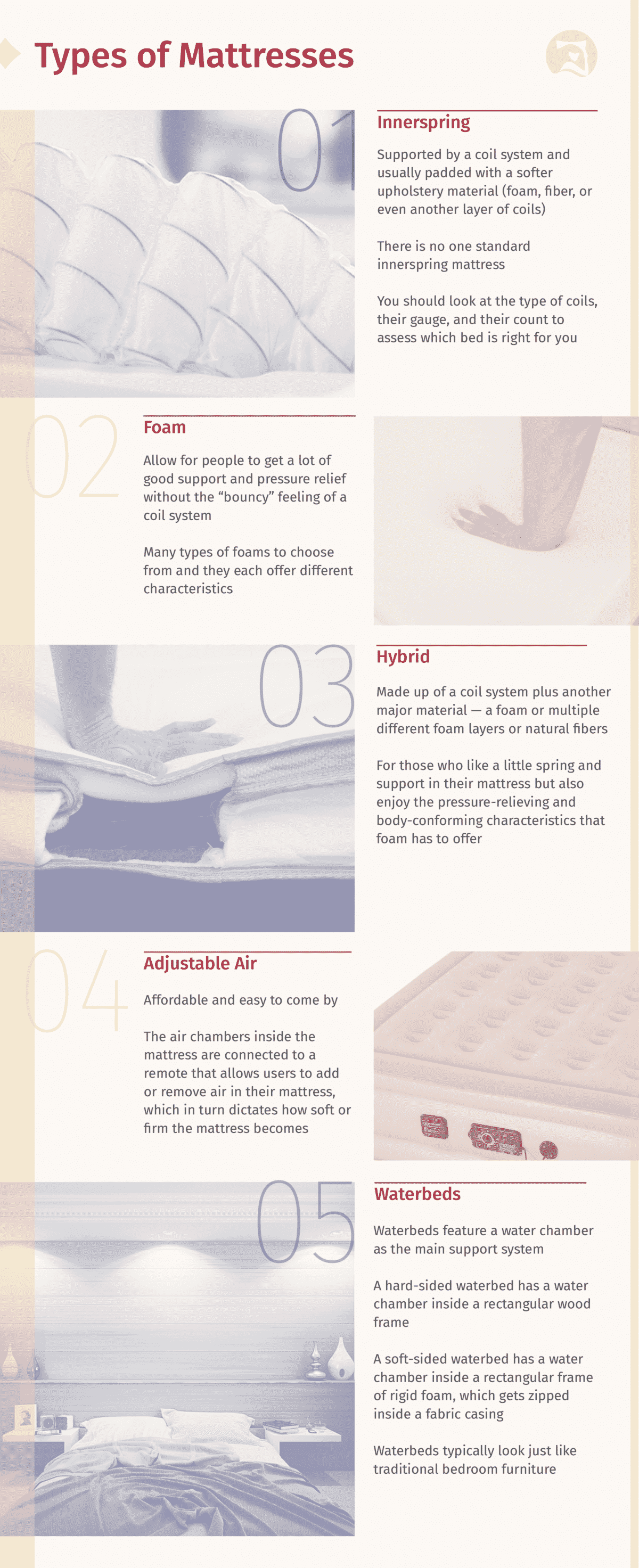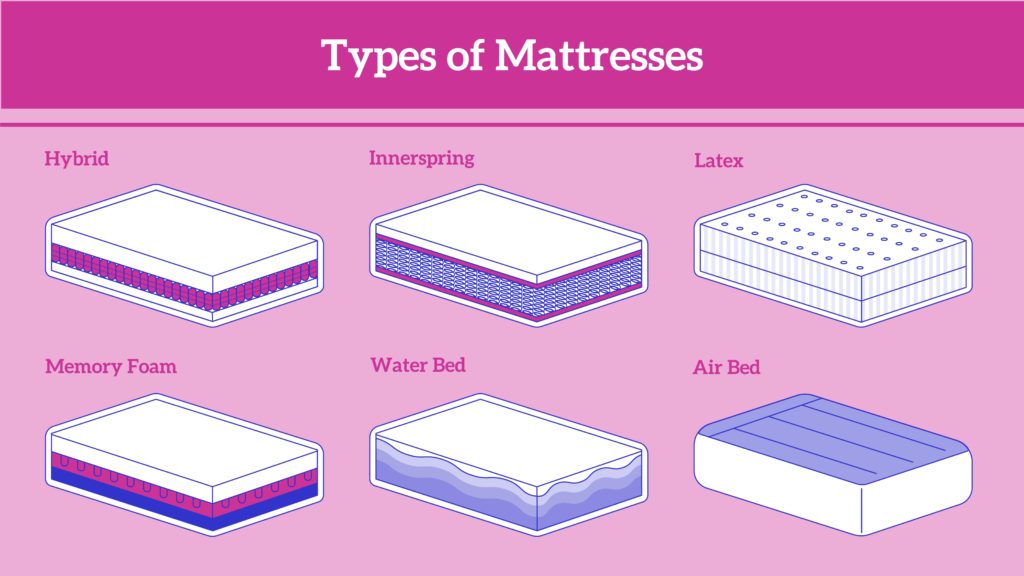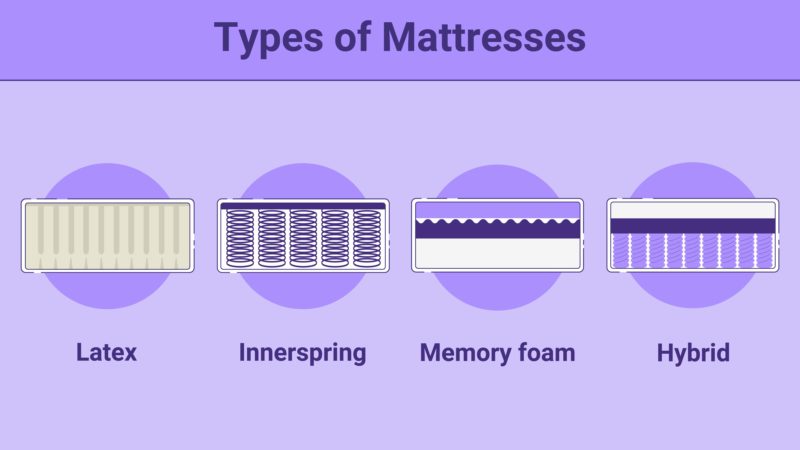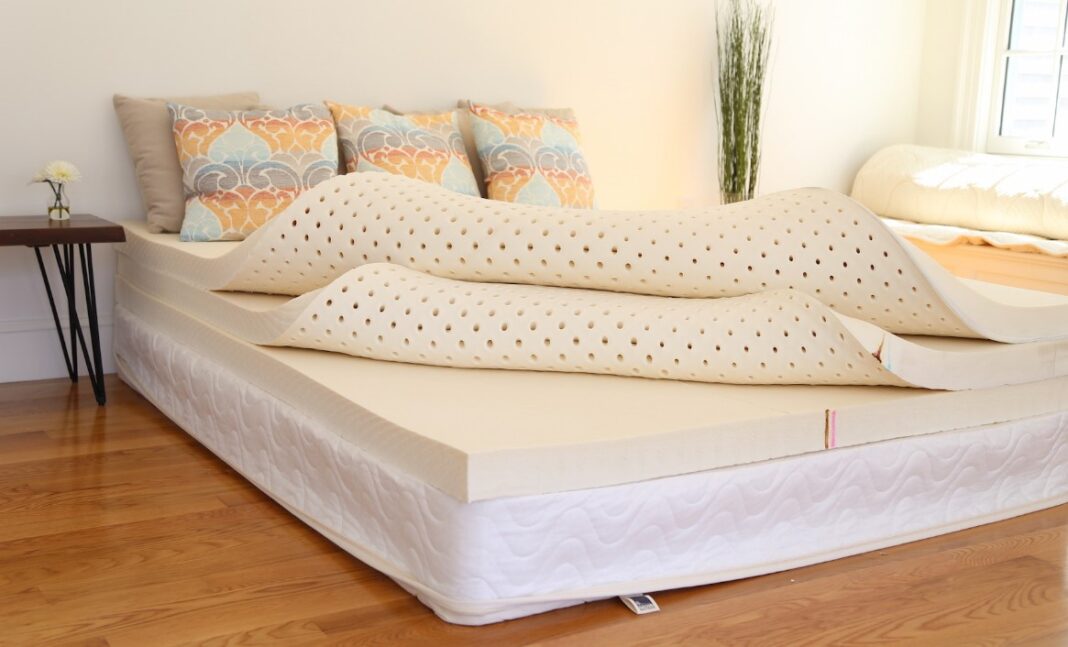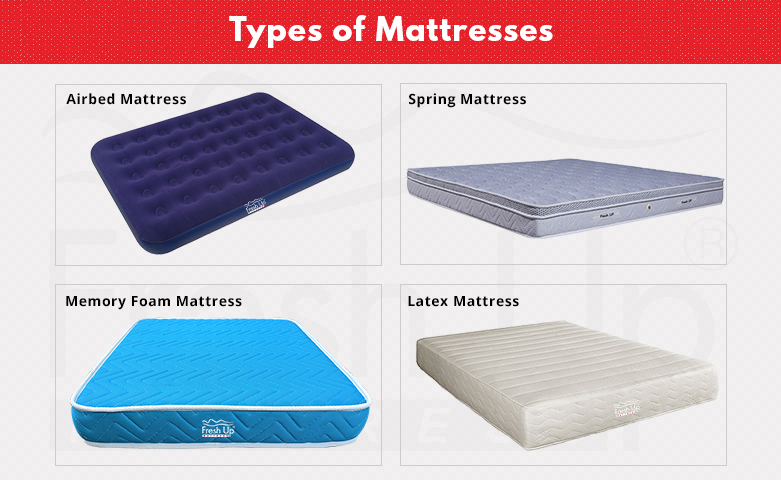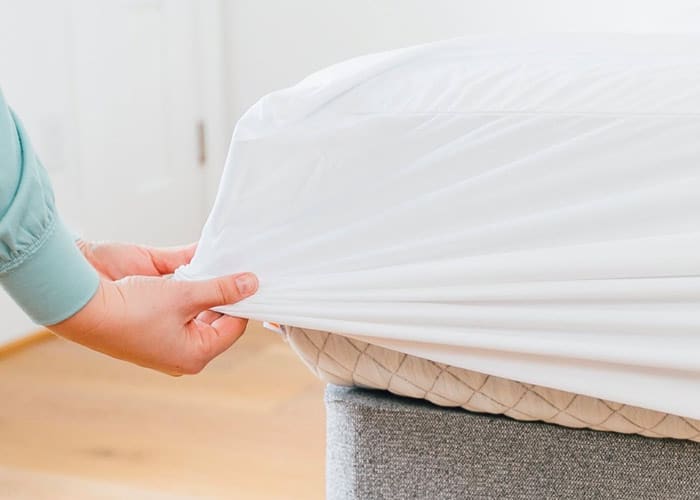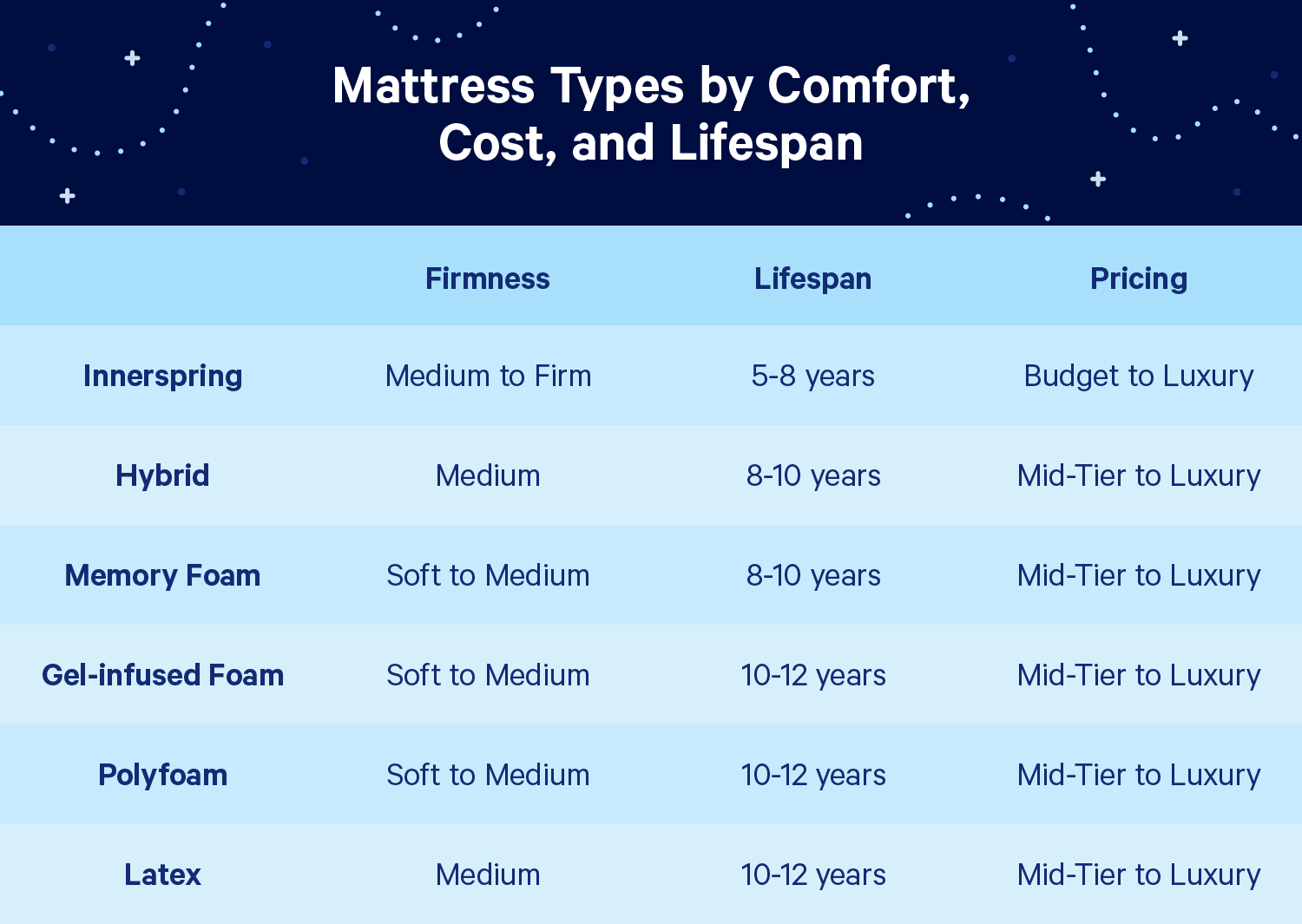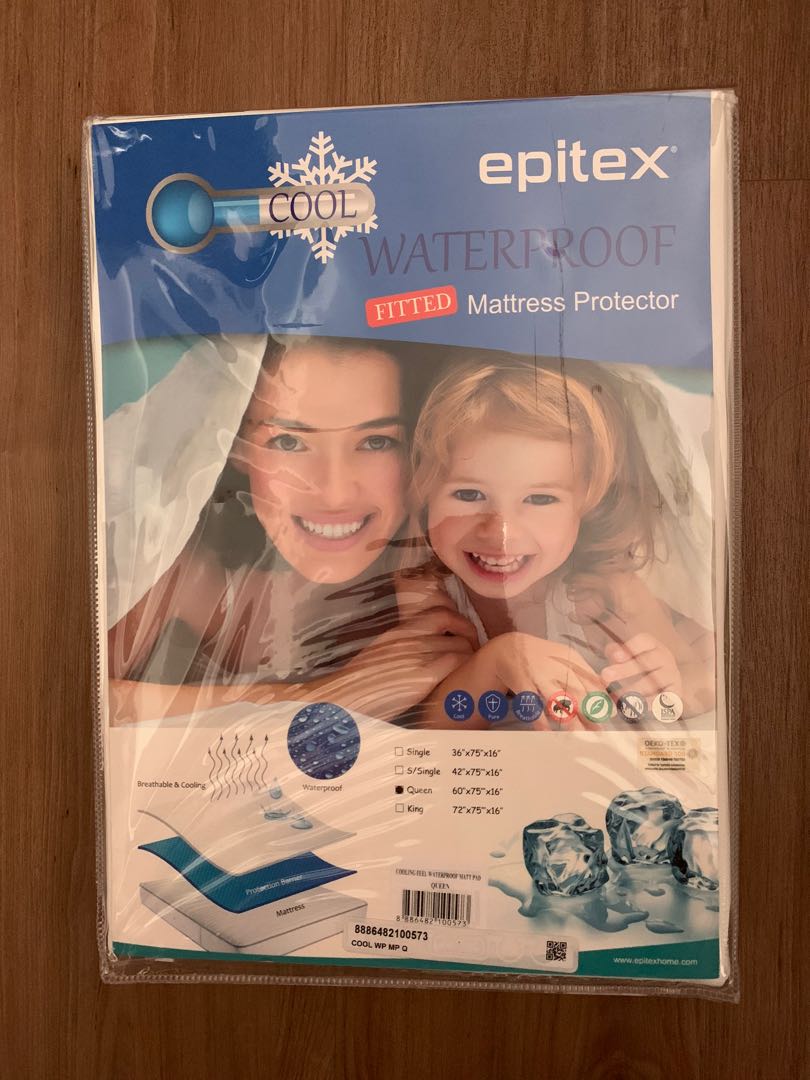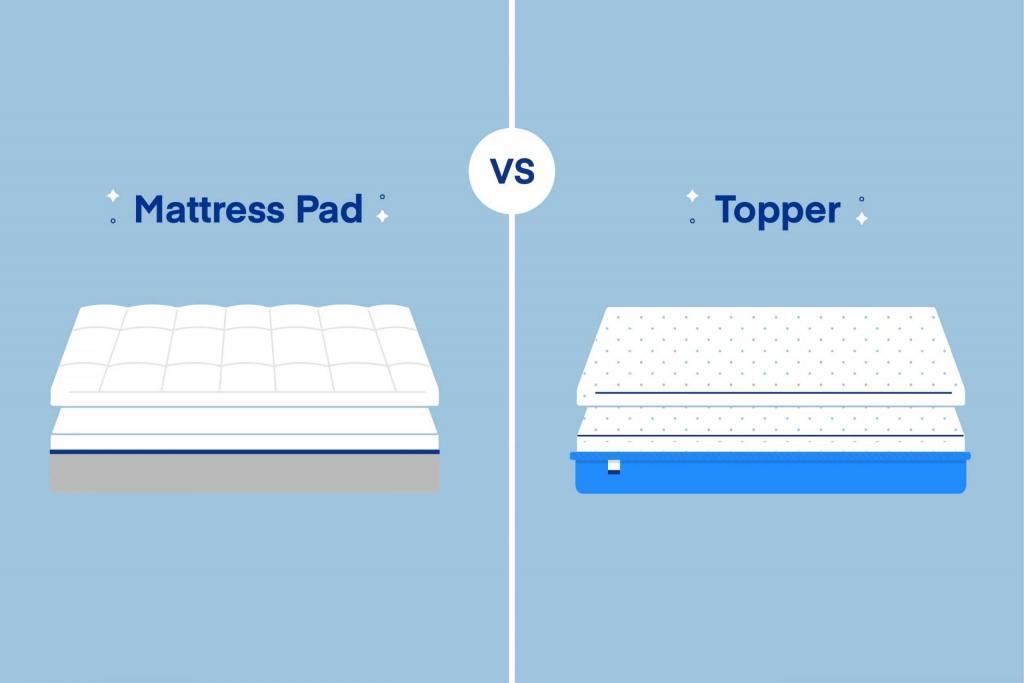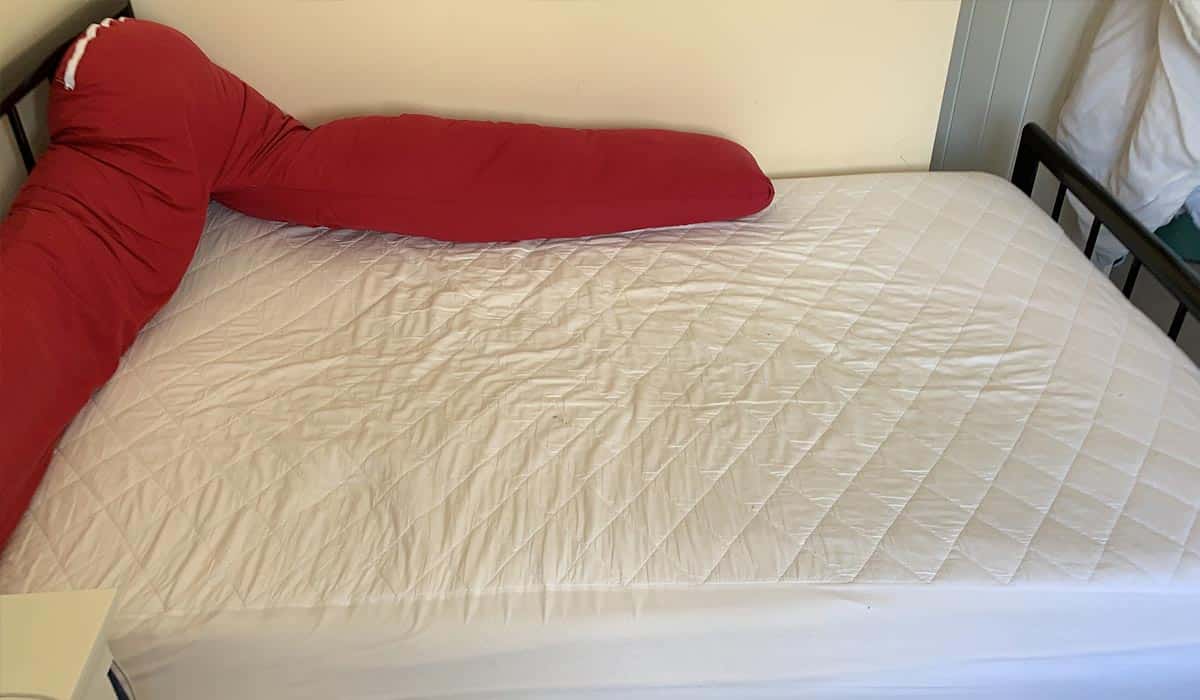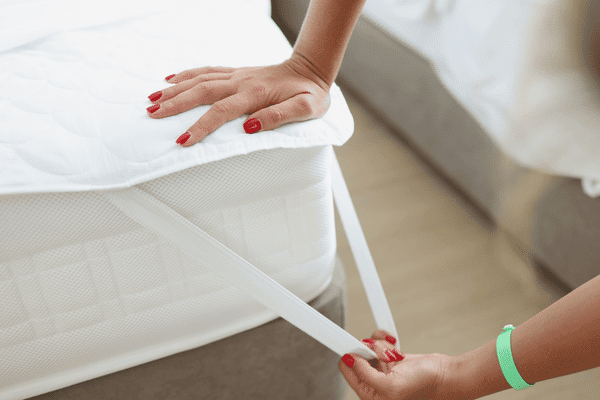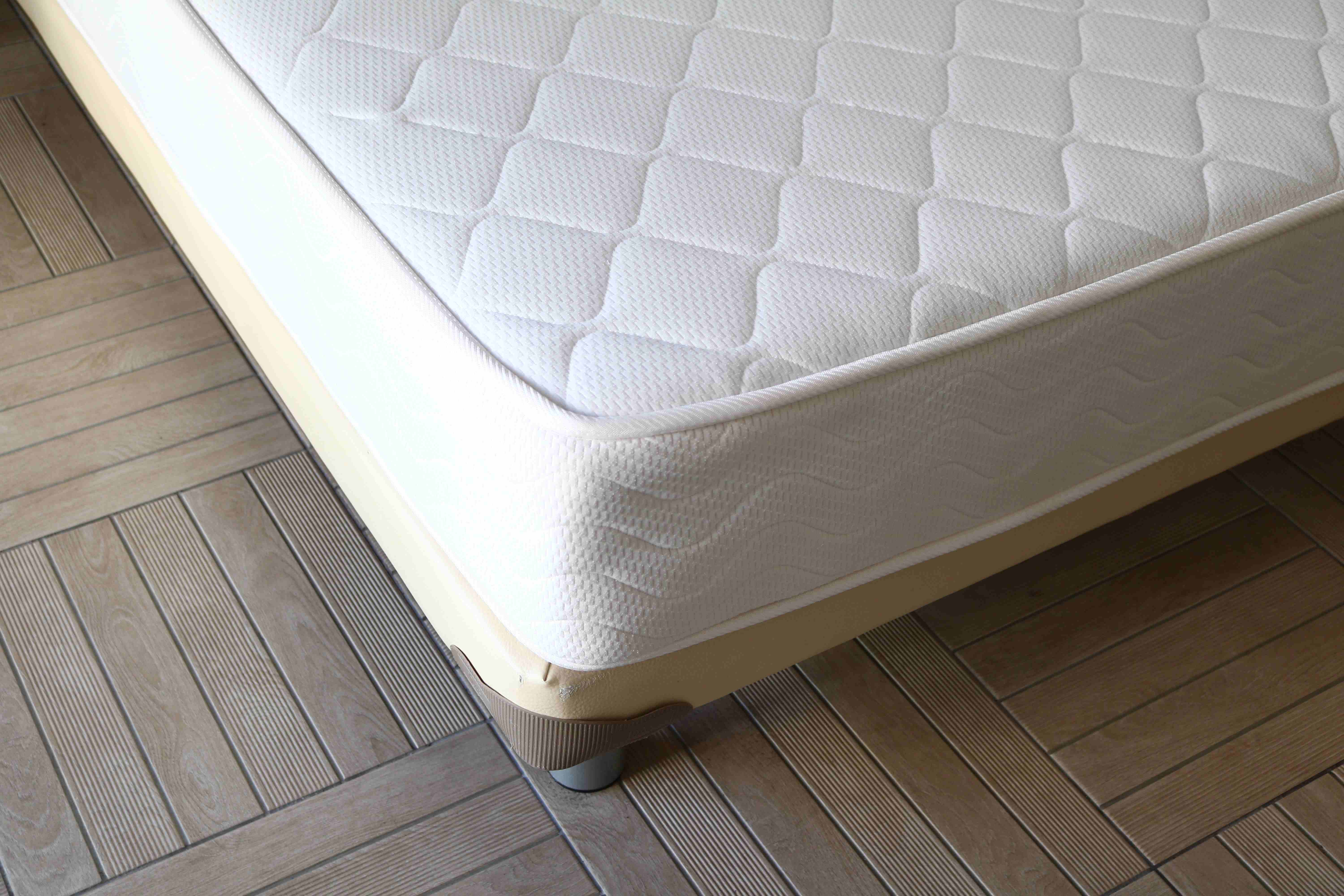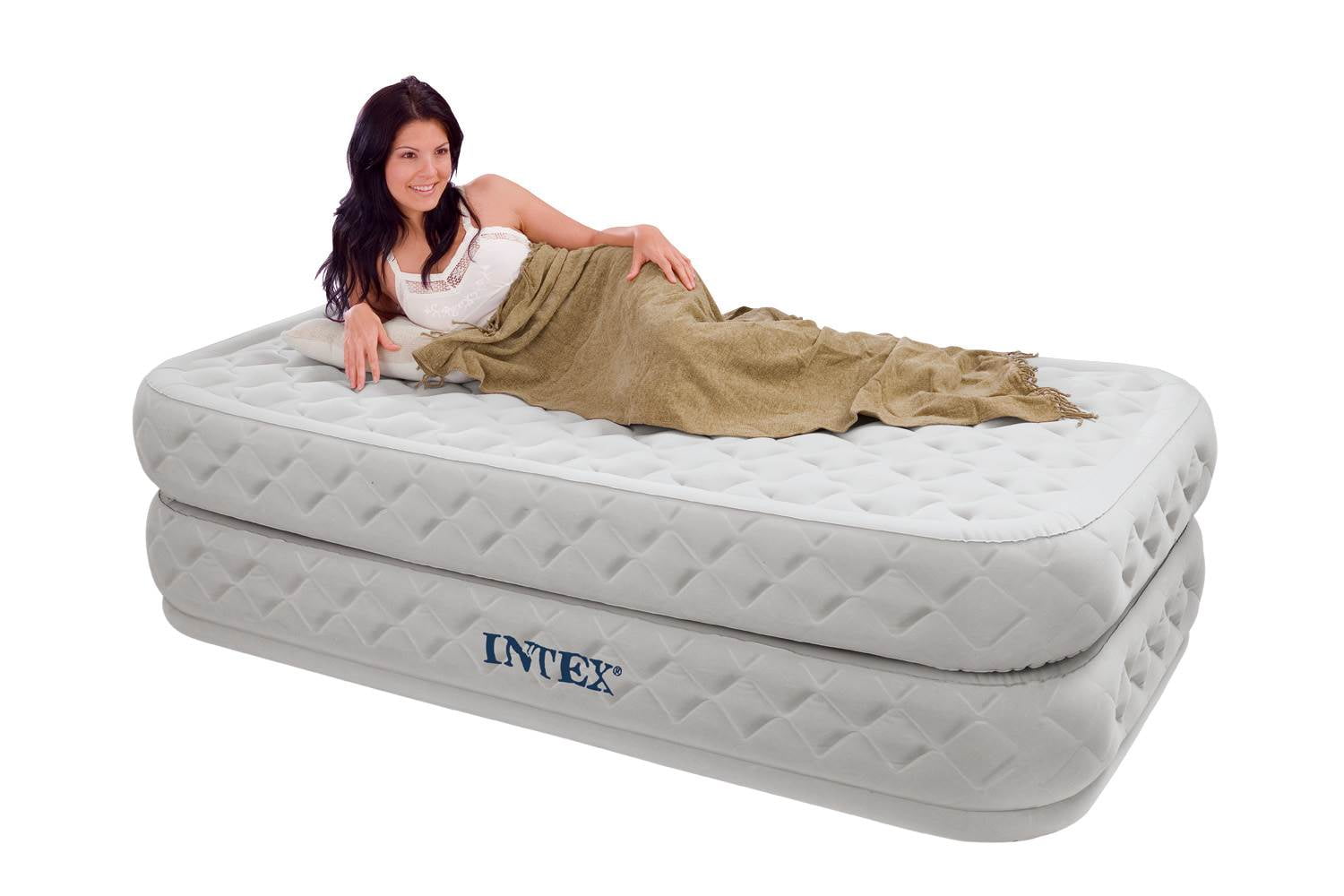Investing in a high-quality mattress is an important decision, as it can greatly impact the quality of your sleep and overall well-being. But have you considered adding a mattress protector to your bedding setup? This often overlooked accessory can offer a range of benefits that can enhance the longevity and comfort of your mattress. First and foremost, a mattress protector acts as a barrier between your body and your mattress. This protective layer can help prevent sweat, dead skin cells, and other bodily fluids from seeping into the mattress, which can lead to unpleasant odors and stains over time. By keeping your mattress clean, a protector can also promote a more hygienic sleeping environment. Additionally, many mattress protectors are designed to be hypoallergenic, meaning they can help keep dust mites, pet dander, and other allergens at bay. This can be especially beneficial for those who suffer from allergies or asthma, as it can help improve the overall air quality in your bedroom. Moreover, using a mattress protector can also protect your investment. Mattresses can be expensive, and a protector can act as a barrier against wear and tear, spills, and other accidents that can occur. This can ultimately extend the life of your mattress and save you money in the long run.1. Benefits of Using a Mattress Protector
As mentioned, a mattress protector can help protect your mattress from spills and stains. This is especially important since mattresses are not designed to be washed regularly, and cleaning them can be a difficult and time-consuming process. By using a protector, you can prevent spills from seeping into the mattress and causing damage that cannot be reversed. In addition to preventing stains, a mattress protector can also act as a barrier against dust mites, bacteria, and other allergens. These microscopic organisms can break down the materials in your mattress over time, leading to premature wear and tear. By keeping them at bay, a mattress protector can help prolong the life of your mattress and maintain its comfort and support. Furthermore, many mattress protectors are made from durable materials that can withstand frequent use and washing. This means that even if you decide to upgrade to a new mattress, you can still use the same protector to safeguard your investment.2. How a Mattress Protector Can Extend the Life of Your Mattress
Accidents happen, and when they do, it's important to have a plan in place to protect your mattress. While you may think that your sheets and mattress pad are enough to prevent spills and stains, they may not be able to fully protect your mattress on their own. Most sheets and mattress pads are not waterproof, and spills can easily soak through to your mattress. This can not only lead to unsightly stains, but it can also create a breeding ground for bacteria and mold. Using a mattress protector can provide an extra layer of protection against spills and stains. Many protectors are made with waterproof or water-resistant materials, which can help prevent liquids from seeping into your mattress. This can be especially beneficial for parents of young children or pet owners, as accidents are more likely to happen in these situations. Moreover, a mattress protector can also protect against everyday spills, such as coffee or water, which can happen to anyone. By having a barrier in place, you can avoid costly and time-consuming cleanups and protect your mattress from potential damage.3. The Importance of Protecting Your Mattress from Spills and Stains
The short answer is yes! A mattress protector is an essential accessory for any mattress, regardless of the type or brand. As mentioned, it can provide a range of benefits that can enhance the longevity and comfort of your mattress. Even if you are diligent about cleaning your sheets and mattress pad, accidents can still happen. Investing in a mattress protector can offer peace of mind and protect your mattress from any unforeseen spills or stains. Furthermore, a mattress protector can also help maintain the warranty on your mattress. Many mattress warranties require the use of a protector to be valid, so it's important to check the fine print before making a purchase.4. Do You Really Need a Mattress Protector?
If you suffer from allergies or asthma, you know how important it is to have a clean and allergen-free sleeping environment. While regular cleaning and changing of your sheets can help, a mattress protector can offer an added layer of protection against dust mites, pet dander, and other allergens. Many mattress protectors are made with hypoallergenic materials that are designed to resist common allergens. This means that they can help reduce the amount of dust mites and other irritants present in your bed, promoting a more restful and comfortable sleep. Moreover, some mattress protectors are also designed to be breathable, allowing for proper air circulation and preventing the buildup of moisture that can lead to mold and mildew. This can be especially beneficial for those with respiratory issues, as it can help improve air quality and reduce potential triggers.5. How a Mattress Protector Can Help with Allergies and Asthma
While the terms "mattress protector" and "mattress pad" are often used interchangeably, they are actually two different products with distinct purposes. A mattress protector is primarily designed to protect your mattress from spills, stains, and allergens. It usually has a thin, waterproof or water-resistant layer, which acts as a barrier between your body and the mattress. Most mattress protectors also have a fitted sheet-like design, making them easy to put on and remove for washing. A mattress pad, on the other hand, is typically used to add an extra layer of comfort to your mattress. It often has a thicker, quilted design and is meant to provide additional cushioning and support. While some mattress pads may offer some protection against spills and stains, they are not designed to be waterproof like a mattress protector. Ultimately, the main difference between the two is their primary purpose. A mattress protector is for protection, while a mattress pad is for added comfort.6. The Difference Between a Mattress Protector and a Mattress Pad
When shopping for a mattress protector, there are a few key factors to consider to ensure you choose the right one for your needs: Size: It's important to choose a protector that fits your mattress snugly to provide the best protection. Most protectors come in standard sizes, but it's always a good idea to double-check the measurements before purchasing. Material: The material of the protector can greatly impact its effectiveness and comfort. Look for protectors made from hypoallergenic and waterproof or water-resistant materials for the best protection. Care Instructions: It's important to know how to properly care for your mattress protector to ensure it lasts. Look for protectors that are easy to wash and dry, and make sure to follow the care instructions provided. Extra Features: Some mattress protectors come with additional features, such as cooling technology or noise-reduction materials. Consider your personal preferences and needs when choosing a protector with these added features.7. Tips for Choosing the Right Mattress Protector for Your Needs
To get the most out of your mattress protector, it's important to properly care for it. While the specific care instructions may vary depending on the material and brand, here are some general tips to follow: Wash Regularly: It's recommended to wash your mattress protector every 1-2 weeks, or more often if needed. This will help keep it clean and free of any allergens or bacteria. Follow Care Instructions: Always follow the care instructions provided by the manufacturer. This may include washing on a specific temperature or using a certain type of detergent. Use a Gentle Cycle: To avoid damaging the material, use a gentle cycle when washing your protector. This will help maintain its quality and effectiveness. Avoid High Heat: High heat can cause shrinkage or damage to the material, so it's best to avoid using high heat when drying your protector. Instead, use a low or medium heat setting. Inspect for Damage: Regularly inspect your mattress protector for any signs of damage, such as tears or holes. If you notice any, it may be time to replace your protector for optimal protection.8. How to Properly Care for Your Mattress Protector
When it comes to choosing a mattress protector, it's important to consider the type of mattress you have. Different materials may require different types of protectors to provide the best protection and comfort. Innerspring Mattress: For an innerspring mattress, a protector with a cotton top and waterproof layer can be a great option. This will provide a soft and comfortable surface while also protecting against spills and stains. Memory Foam Mattress: A memory foam mattress can benefit from a protector made with a breathable and hypoallergenic material, such as bamboo or polyester. This will help prevent moisture buildup and protect against allergens. Latex Mattress: A latex mattress can be more sensitive to spills and stains, so a waterproof protector is a must. Look for one made with a soft and stretchy material, such as jersey knit.9. The Best Mattress Protectors for Different Types of Mattresses
Lastly, it's important to understand the difference between a mattress protector and a waterproof mattress cover. A mattress protector, as discussed, is designed to protect against spills, stains, and allergens. It often has a fitted sheet-like design and can be easily removed for washing. On the other hand, a waterproof mattress cover is a full-coverage, zippered cover that encases the entire mattress. It is primarily designed to protect against bed bugs, dust mites, and other pests, rather than spills and stains. While it can offer some protection against liquids, it may not be as effective as a mattress protector. In conclusion, a mattress protector is an essential accessory for anyone looking to protect their mattress and enhance their sleeping experience. From preventing stains to promoting a more hygienic sleep environment, a protector can offer a range of benefits that can greatly improve the longevity and comfort of your mattress.10. Mattress Protector vs. Waterproof Mattress Cover: What's the Difference?
Why a Mattress Protector is Essential for Your Mattress
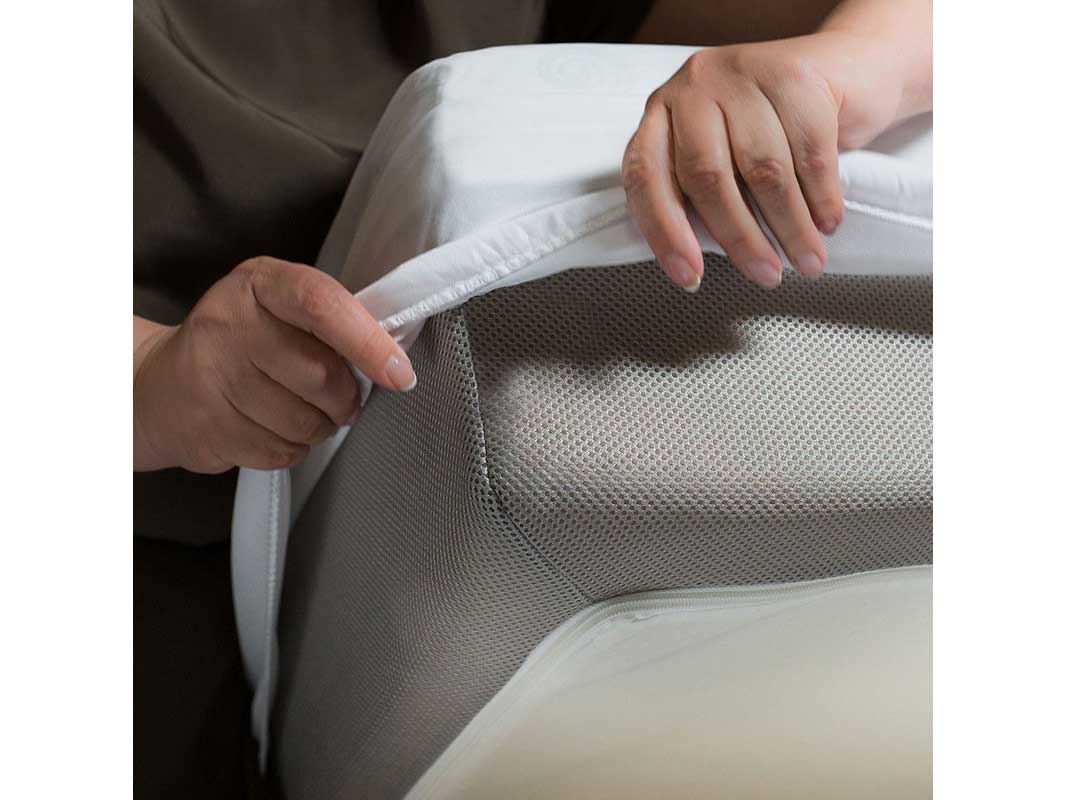
Protect Your Investment
 Your mattress is one of the most important and expensive pieces of furniture in your home, so it's important to take care of it. Investing in a
mattress protector
is a simple and affordable way to prolong the life of your mattress. A good quality mattress can last anywhere from 7 to 10 years, but without proper protection, it may start to show signs of wear and tear much sooner. A mattress protector acts as a barrier between your body and the mattress, preventing any stains, spills, or accidents from seeping into the mattress and causing damage.
Your mattress is one of the most important and expensive pieces of furniture in your home, so it's important to take care of it. Investing in a
mattress protector
is a simple and affordable way to prolong the life of your mattress. A good quality mattress can last anywhere from 7 to 10 years, but without proper protection, it may start to show signs of wear and tear much sooner. A mattress protector acts as a barrier between your body and the mattress, preventing any stains, spills, or accidents from seeping into the mattress and causing damage.
Improve Hygiene and Allergen Protection
 Our bodies naturally shed dead skin cells, and while we sleep, these cells accumulate on our mattresses. This creates an ideal environment for
allergens
such as dust mites to thrive. Dust mites feed on dead skin cells and their waste can trigger allergies and respiratory issues. A mattress protector helps to keep your mattress clean and free from dust mites, providing a more hygienic sleeping environment. Some mattress protectors are also made with
hypoallergenic
materials, making them even more effective at preventing allergens from accumulating.
Our bodies naturally shed dead skin cells, and while we sleep, these cells accumulate on our mattresses. This creates an ideal environment for
allergens
such as dust mites to thrive. Dust mites feed on dead skin cells and their waste can trigger allergies and respiratory issues. A mattress protector helps to keep your mattress clean and free from dust mites, providing a more hygienic sleeping environment. Some mattress protectors are also made with
hypoallergenic
materials, making them even more effective at preventing allergens from accumulating.
Easy to Clean and Maintain
 Accidents happen, and spills or stains on your mattress can be difficult to clean. But with a mattress protector, you can easily remove it and toss it in the washing machine. This saves you the hassle and expense of trying to clean a stained mattress. Additionally, a mattress protector can help to prevent any moisture from seeping into the mattress, which can lead to mold and mildew growth. This is especially important for those living in humid climates.
Accidents happen, and spills or stains on your mattress can be difficult to clean. But with a mattress protector, you can easily remove it and toss it in the washing machine. This saves you the hassle and expense of trying to clean a stained mattress. Additionally, a mattress protector can help to prevent any moisture from seeping into the mattress, which can lead to mold and mildew growth. This is especially important for those living in humid climates.
Better Sleep Quality
 Not only does a mattress protector protect your mattress, but it can also improve your sleep quality. Some mattress protectors are made with
breathable
materials that can help regulate your body temperature while you sleep. This means you'll be less likely to wake up feeling hot and uncomfortable. A clean and hygienic sleeping environment can also promote better sleep, as you won't have to worry about allergens or irritants disrupting your rest.
In conclusion, a mattress protector is an essential investment for anyone who wants to protect their mattress and improve their sleep quality. Not only does it prolong the life of your mattress, but it also provides hygiene and allergen protection, is easy to clean and maintain, and can even enhance your sleep experience. Don't wait until it's too late – invest in a quality mattress protector today and enjoy a comfortable and healthy sleep for years to come.
Not only does a mattress protector protect your mattress, but it can also improve your sleep quality. Some mattress protectors are made with
breathable
materials that can help regulate your body temperature while you sleep. This means you'll be less likely to wake up feeling hot and uncomfortable. A clean and hygienic sleeping environment can also promote better sleep, as you won't have to worry about allergens or irritants disrupting your rest.
In conclusion, a mattress protector is an essential investment for anyone who wants to protect their mattress and improve their sleep quality. Not only does it prolong the life of your mattress, but it also provides hygiene and allergen protection, is easy to clean and maintain, and can even enhance your sleep experience. Don't wait until it's too late – invest in a quality mattress protector today and enjoy a comfortable and healthy sleep for years to come.

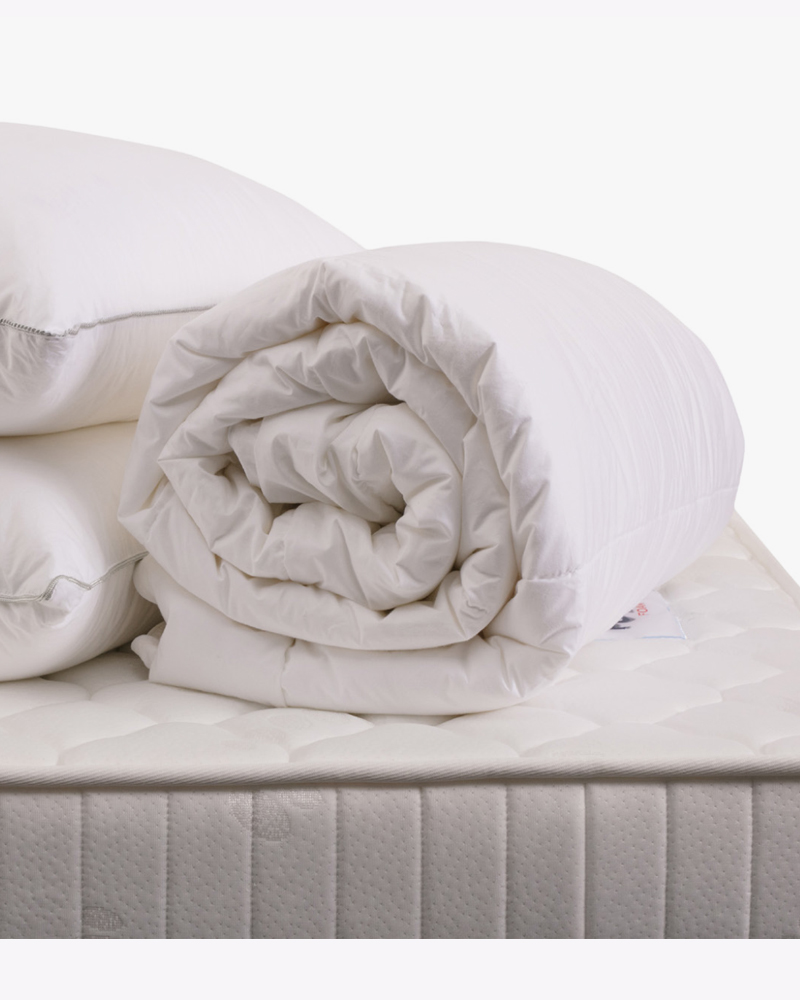





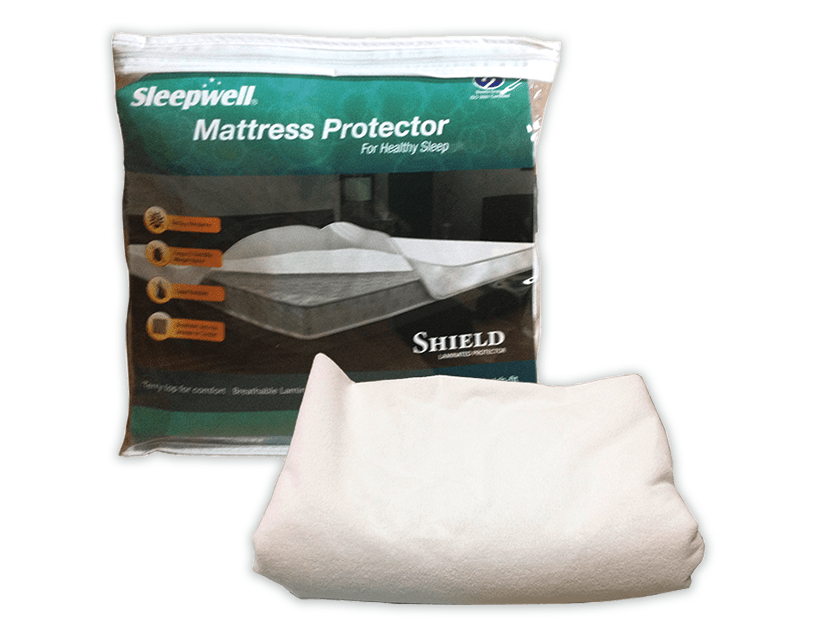




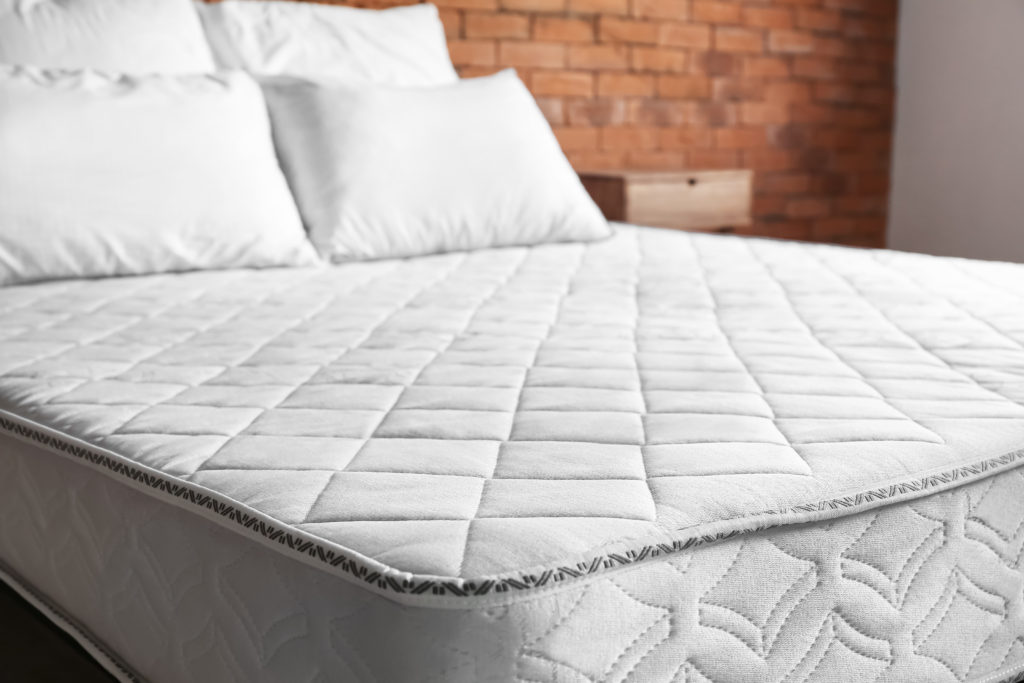
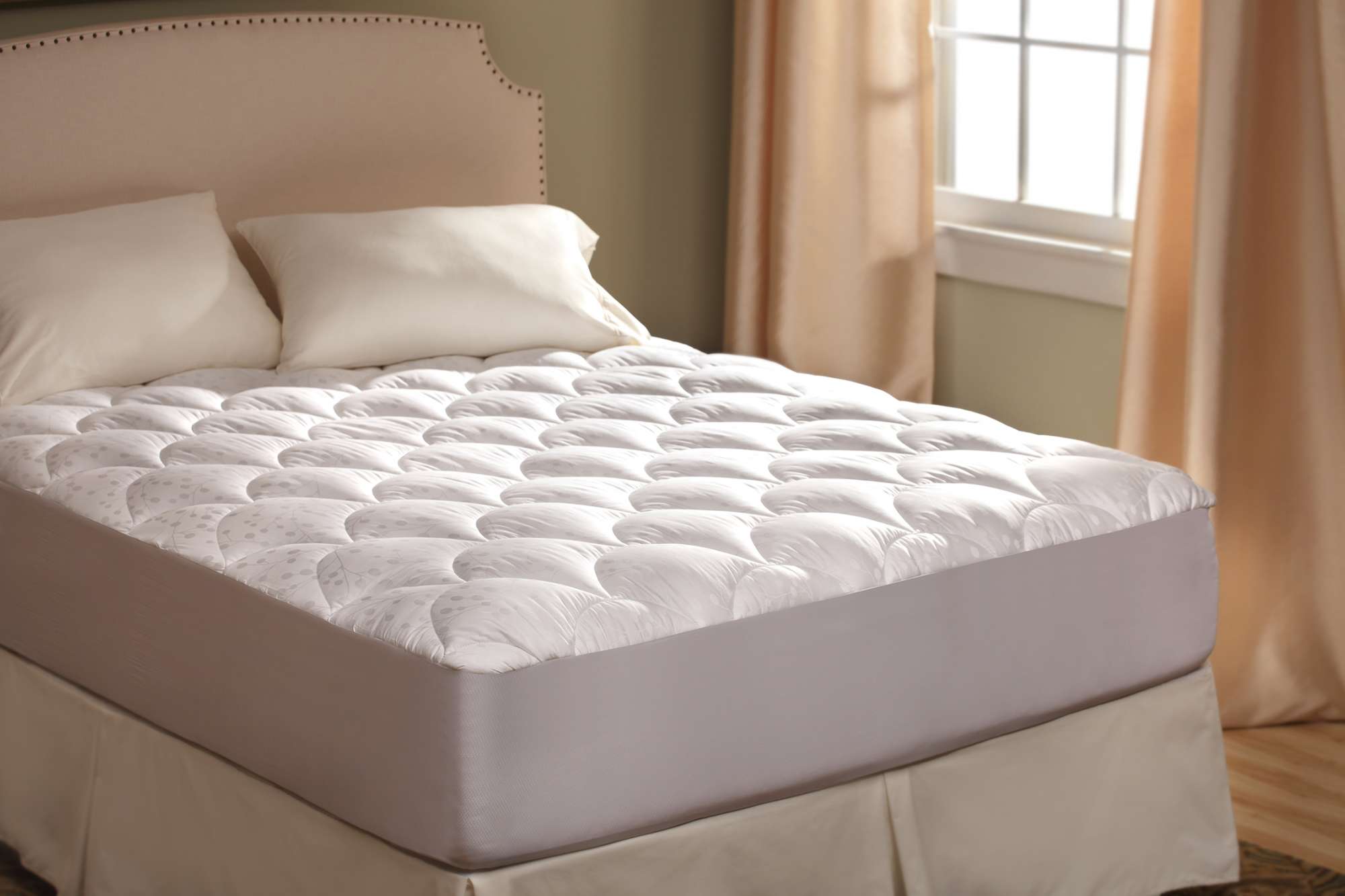

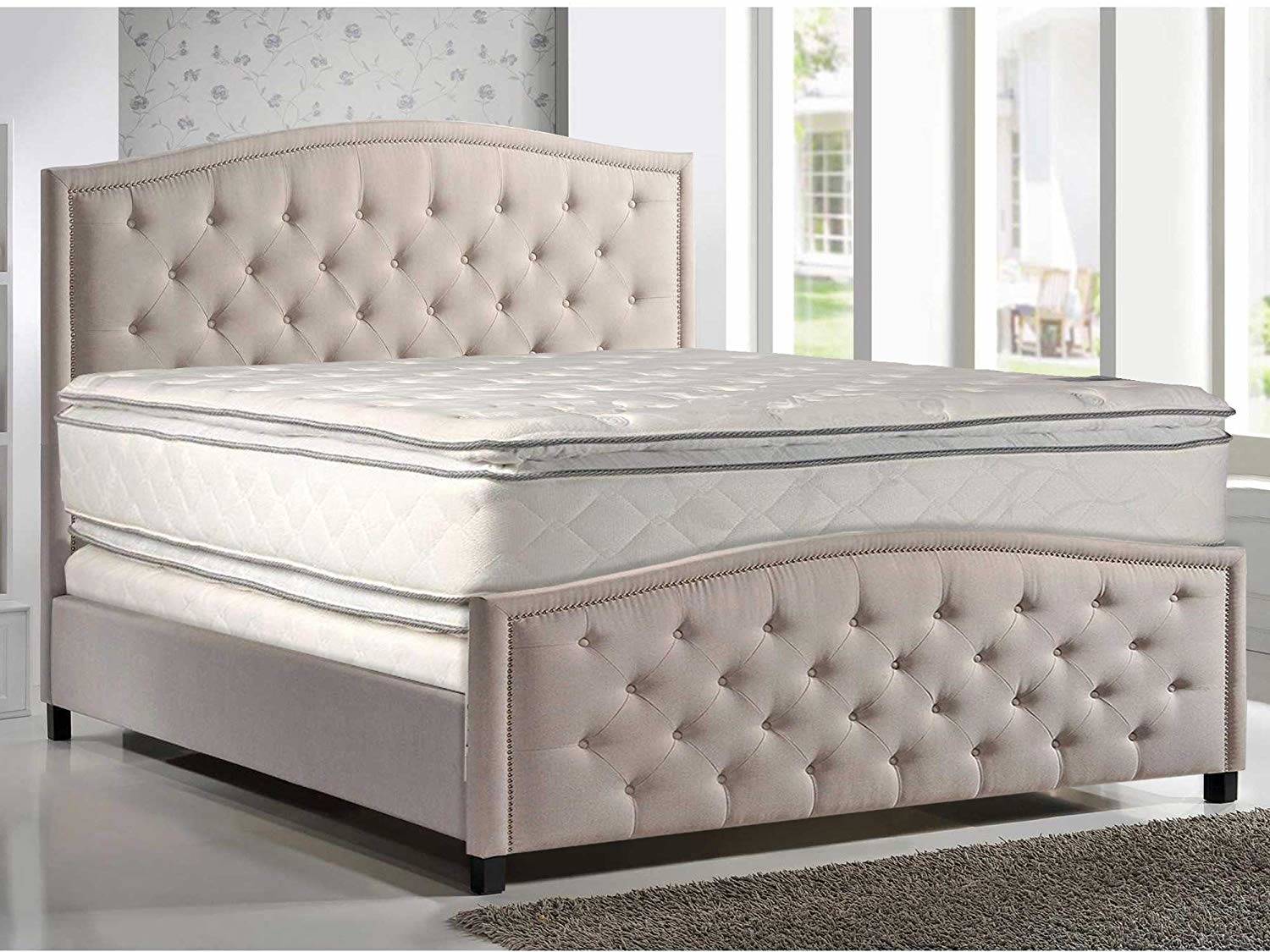







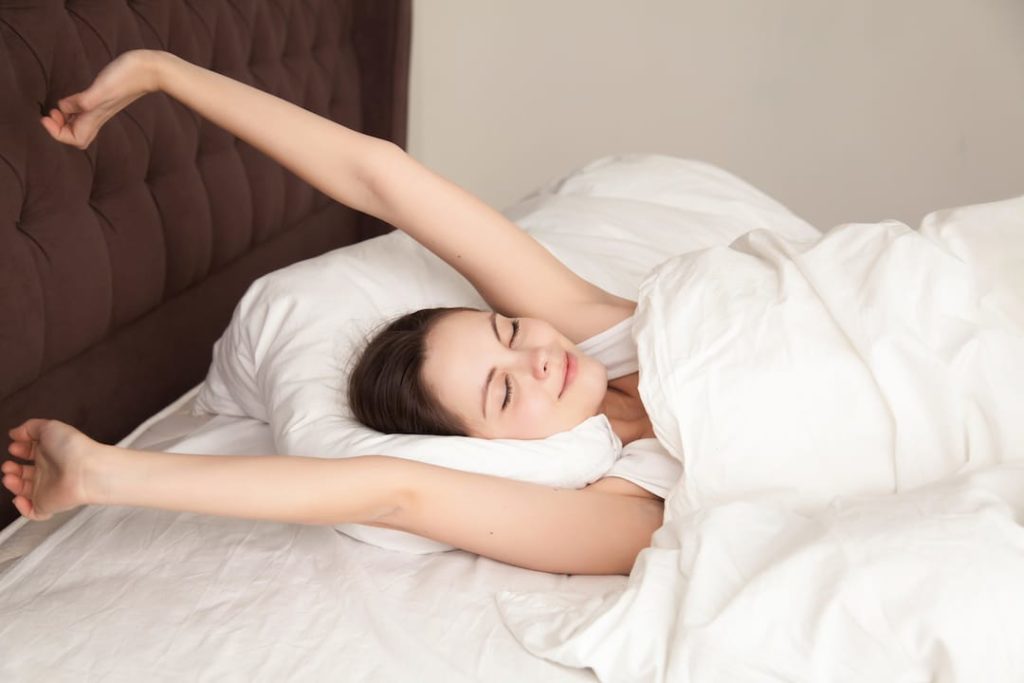
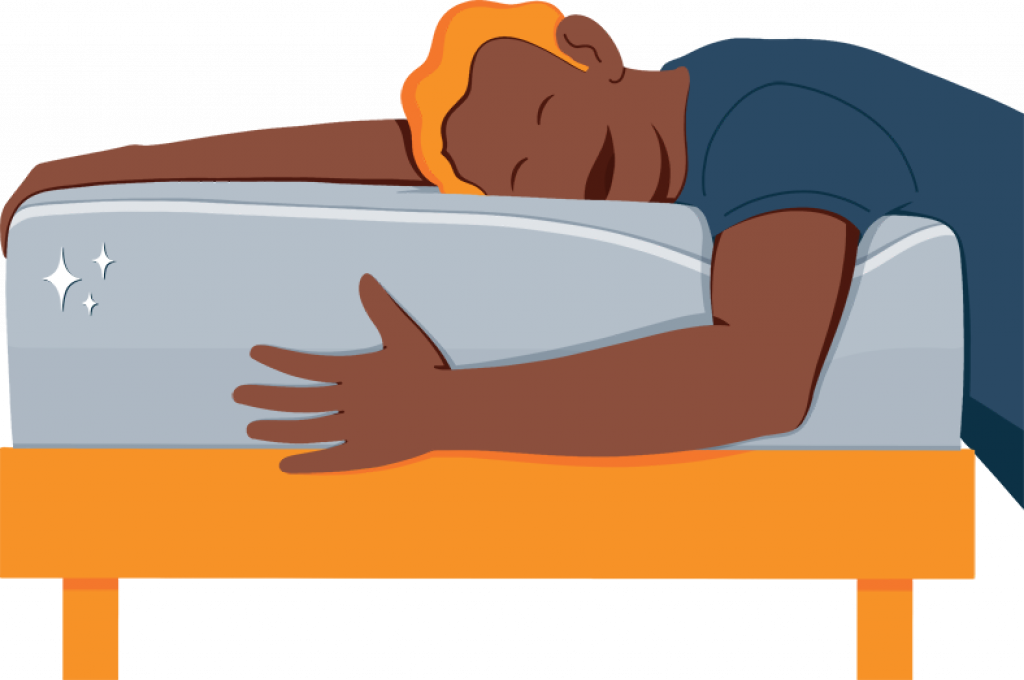
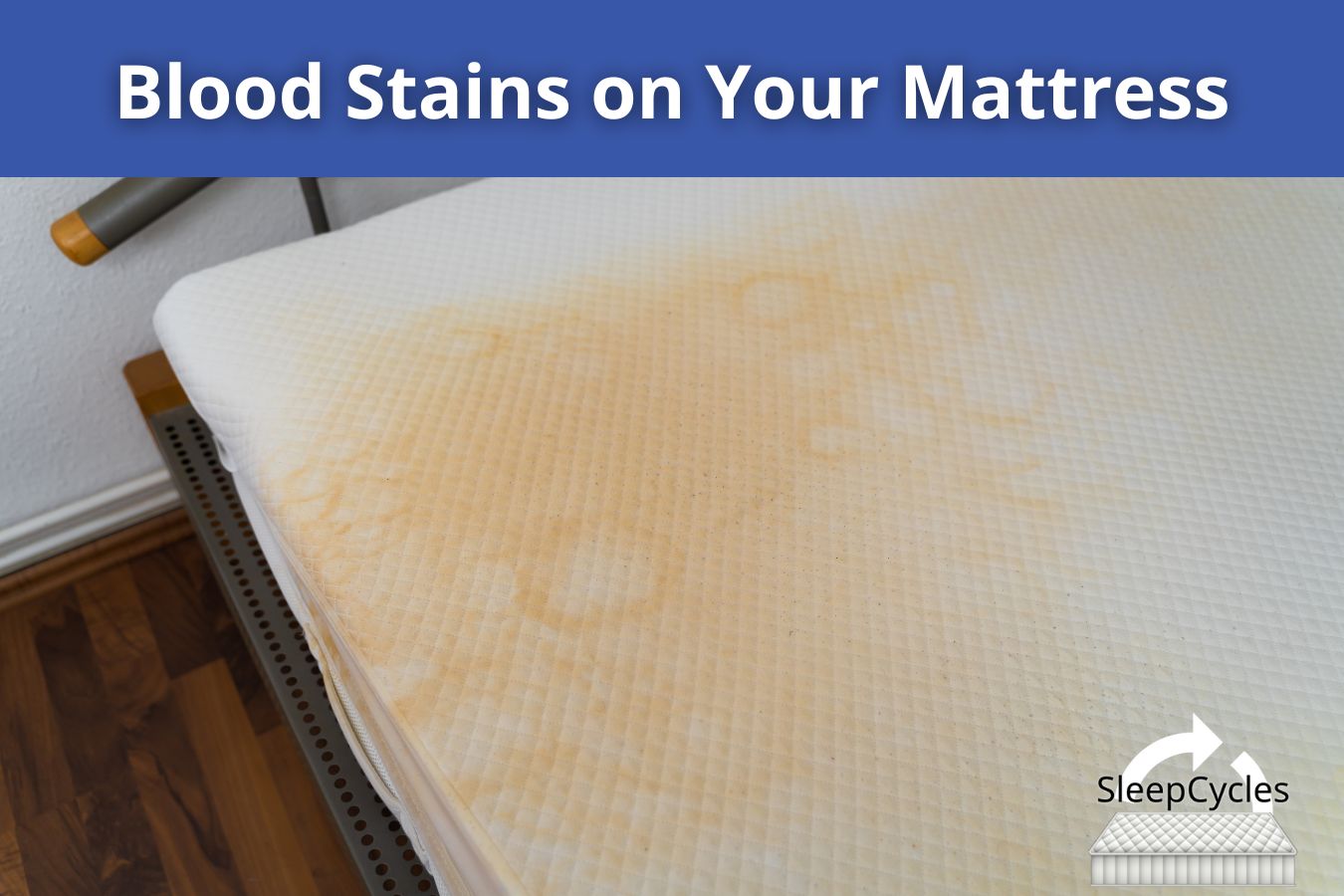

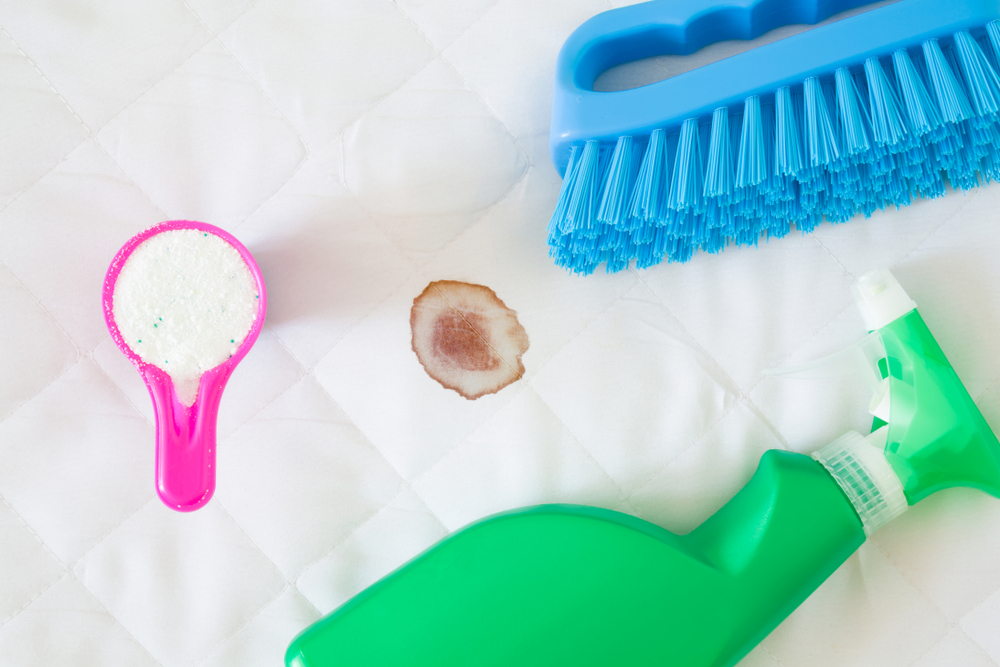


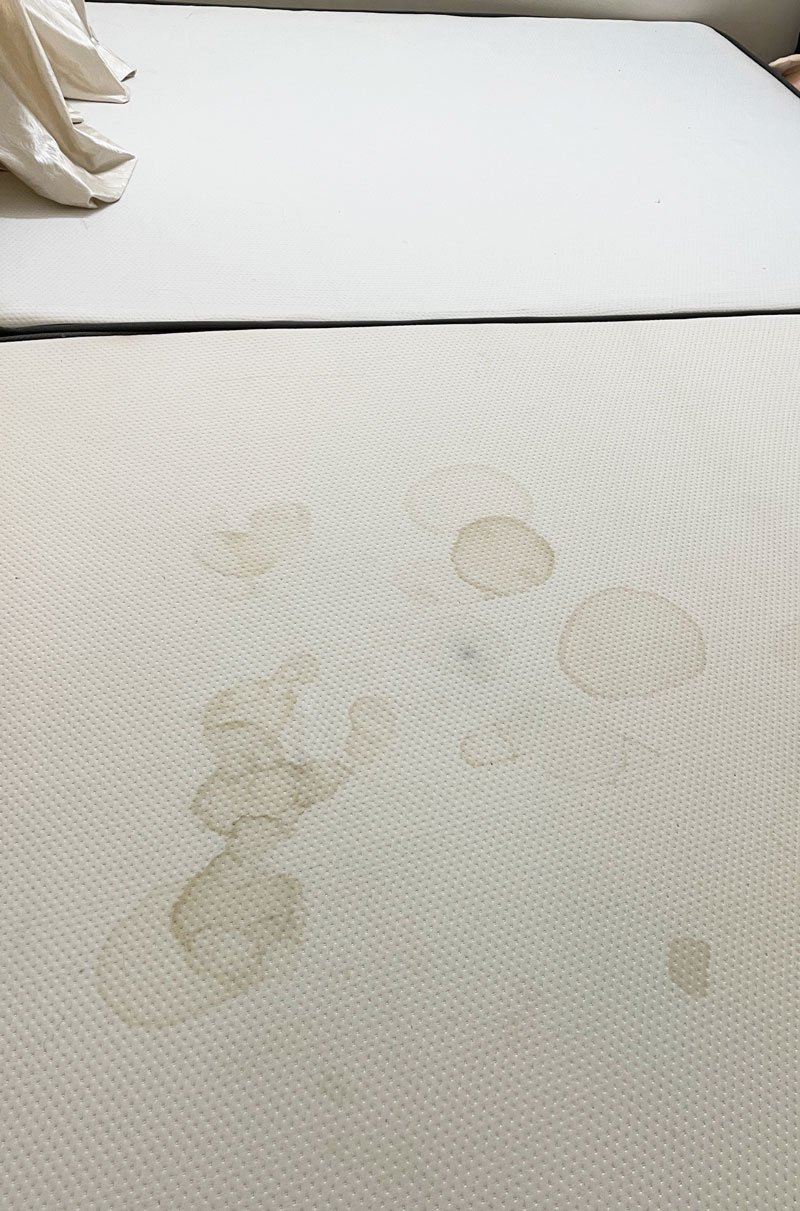


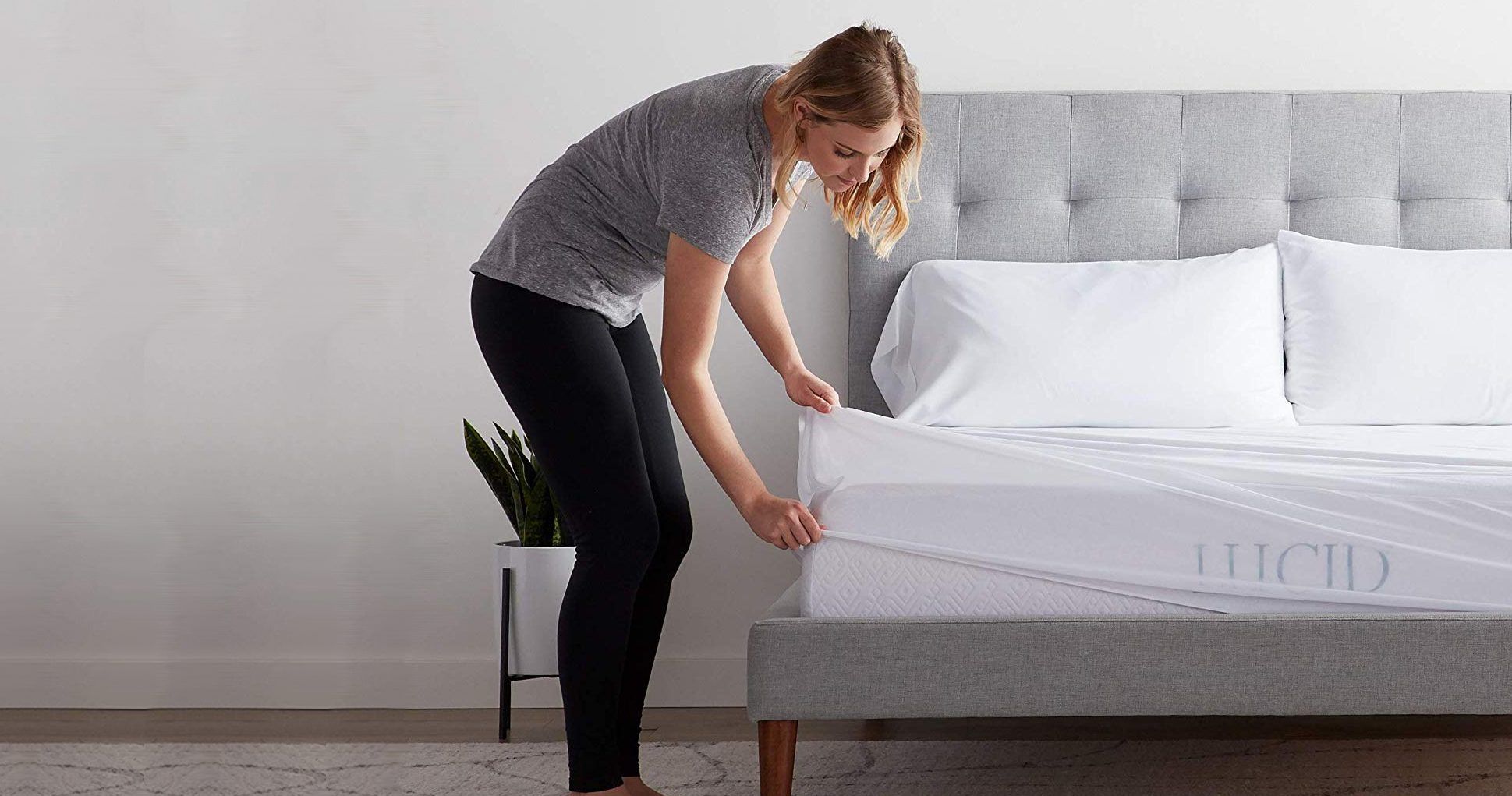

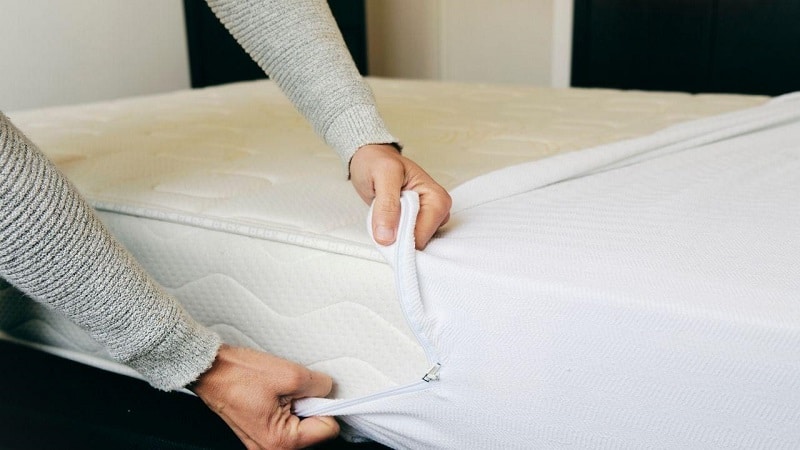
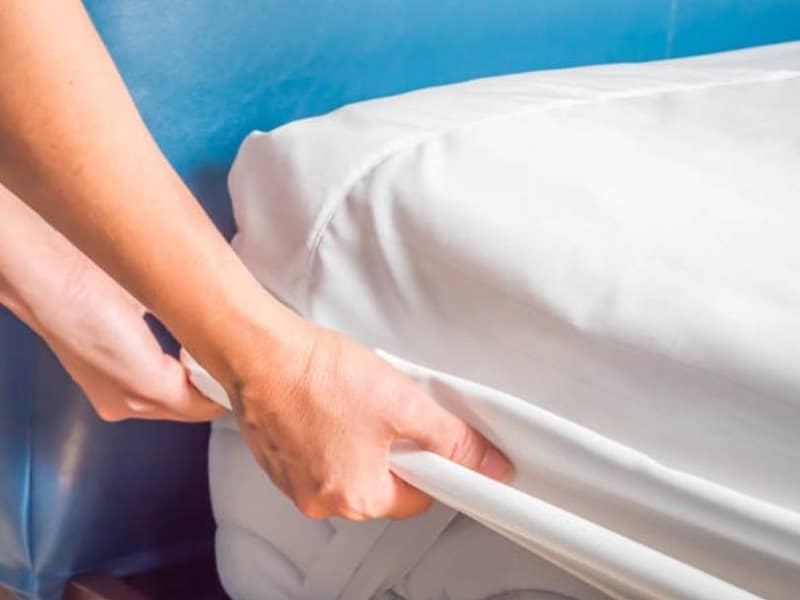



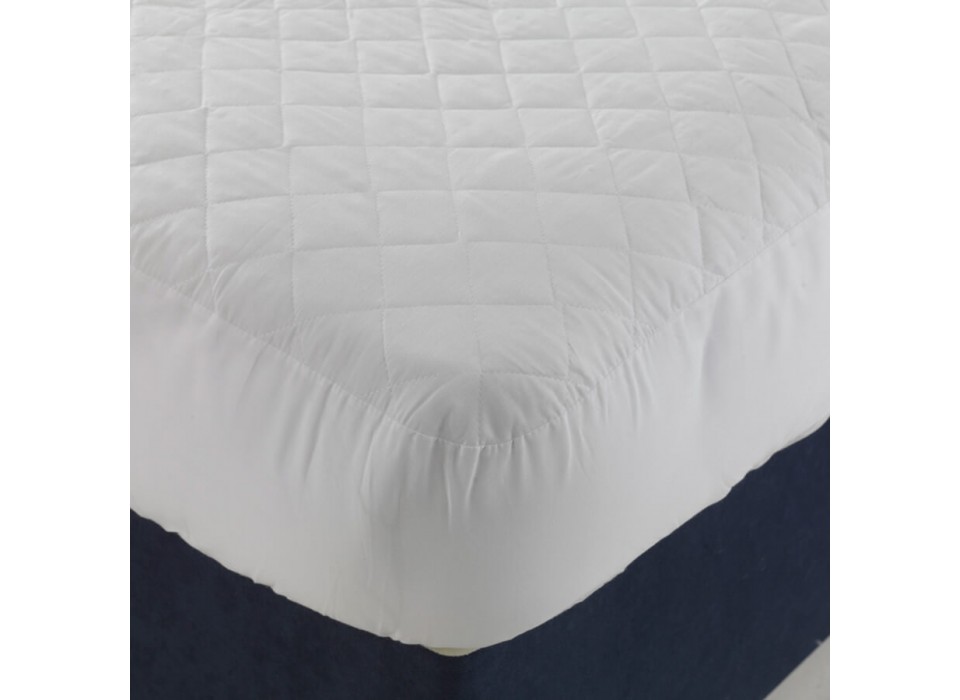
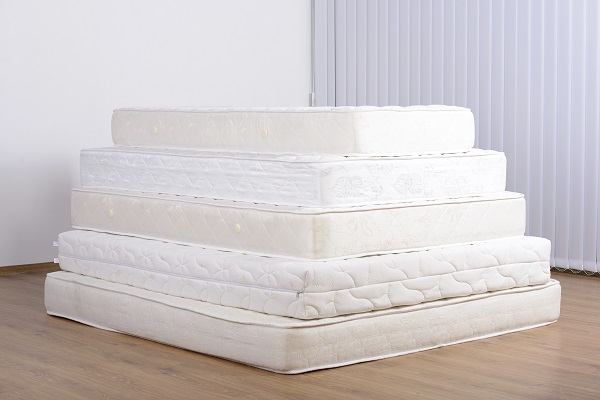




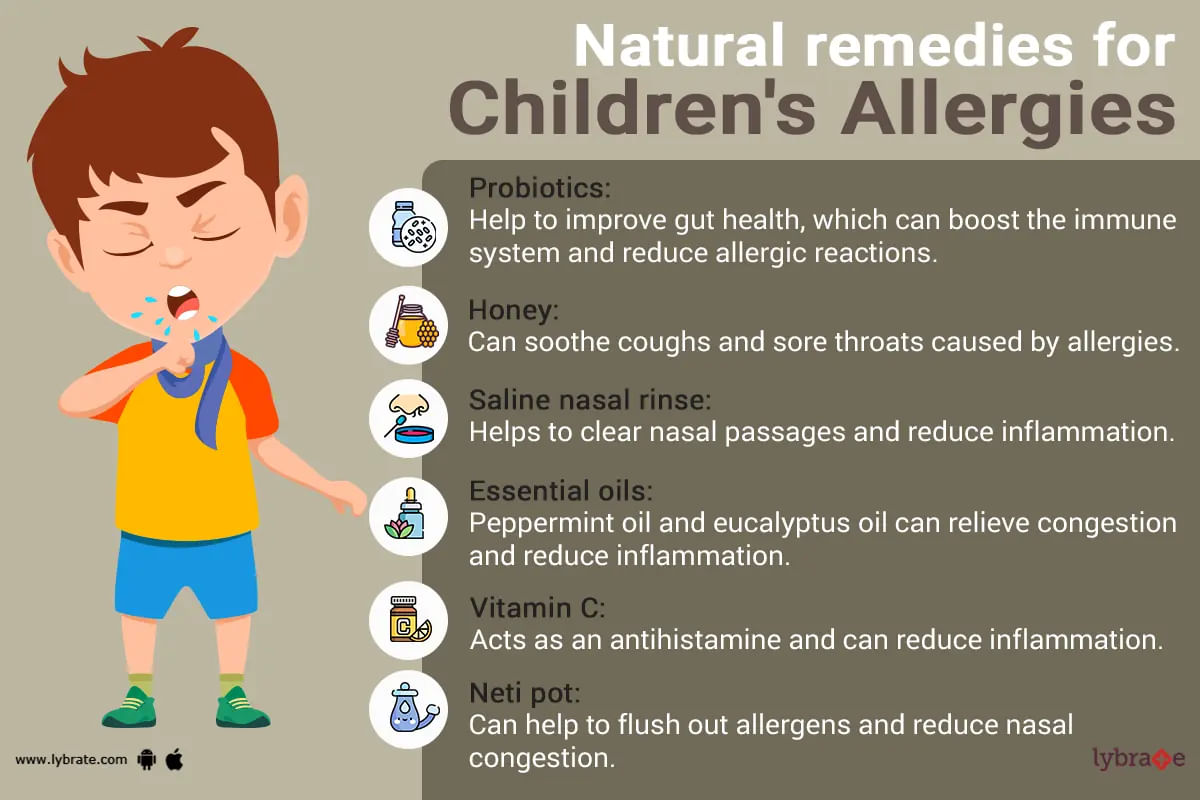

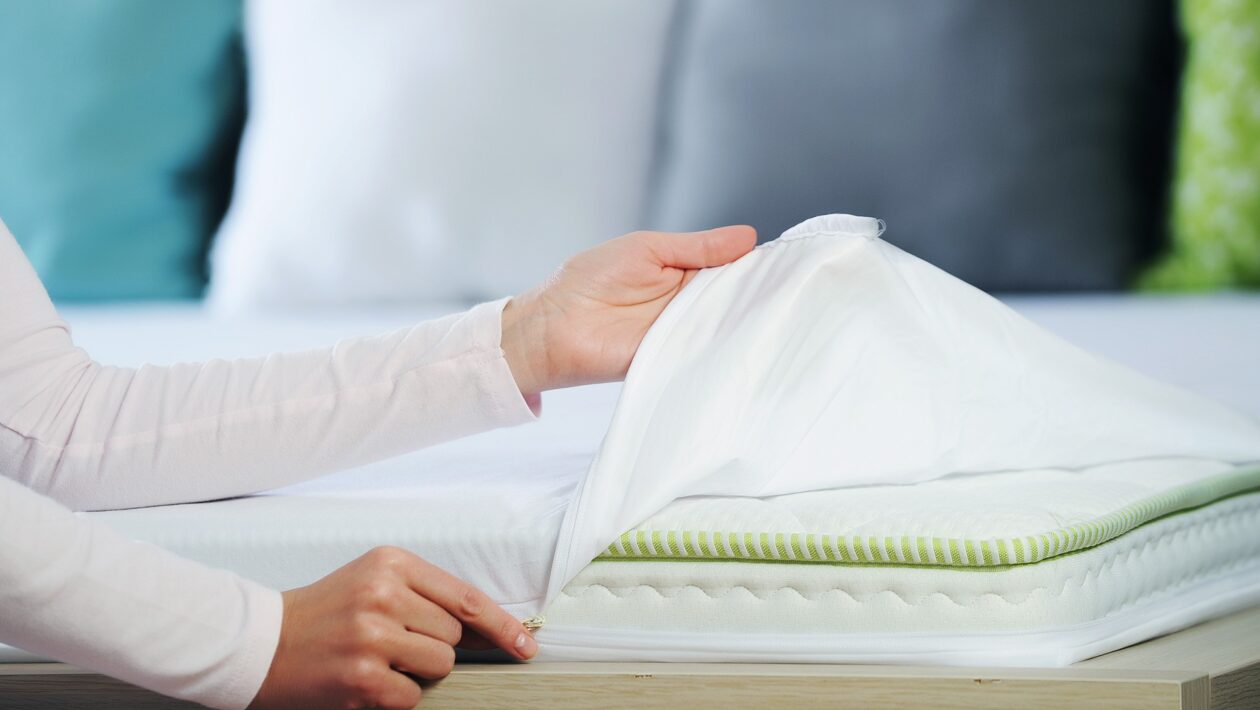
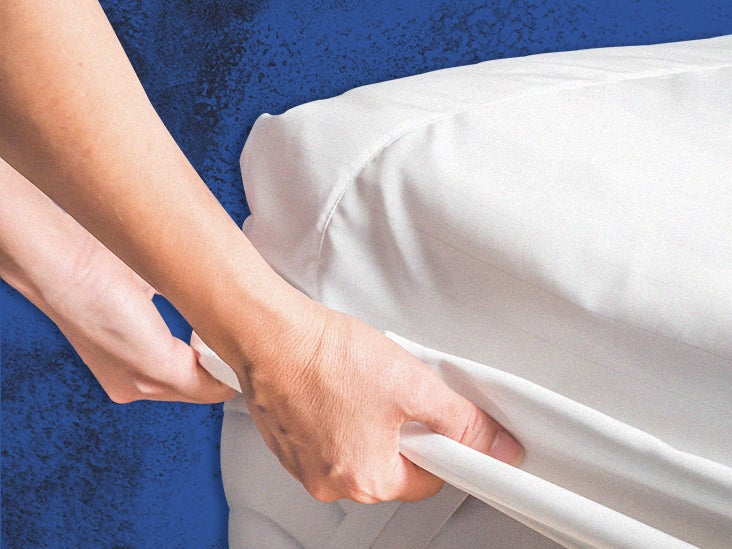
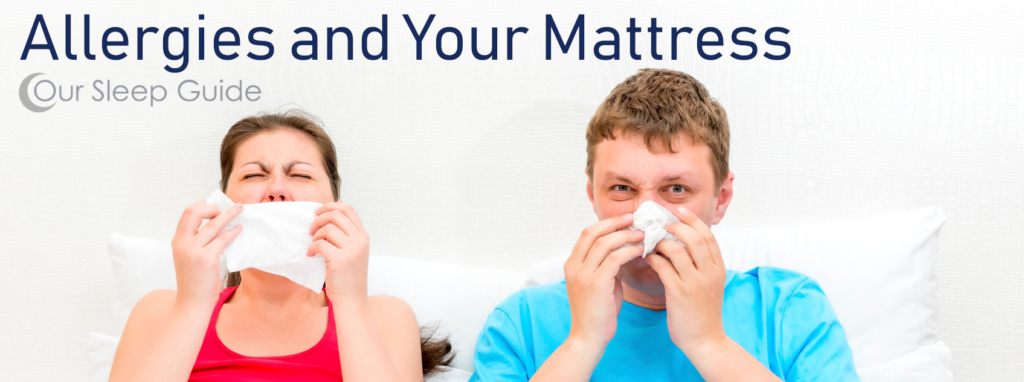

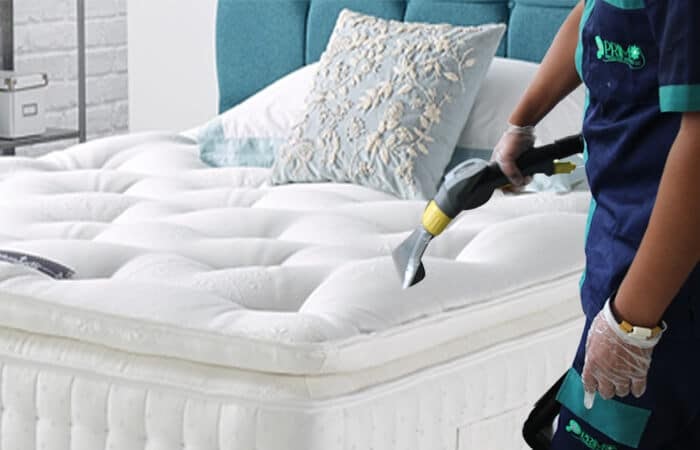

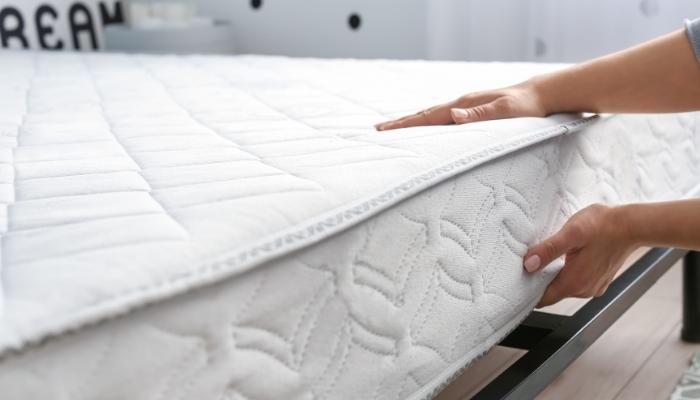
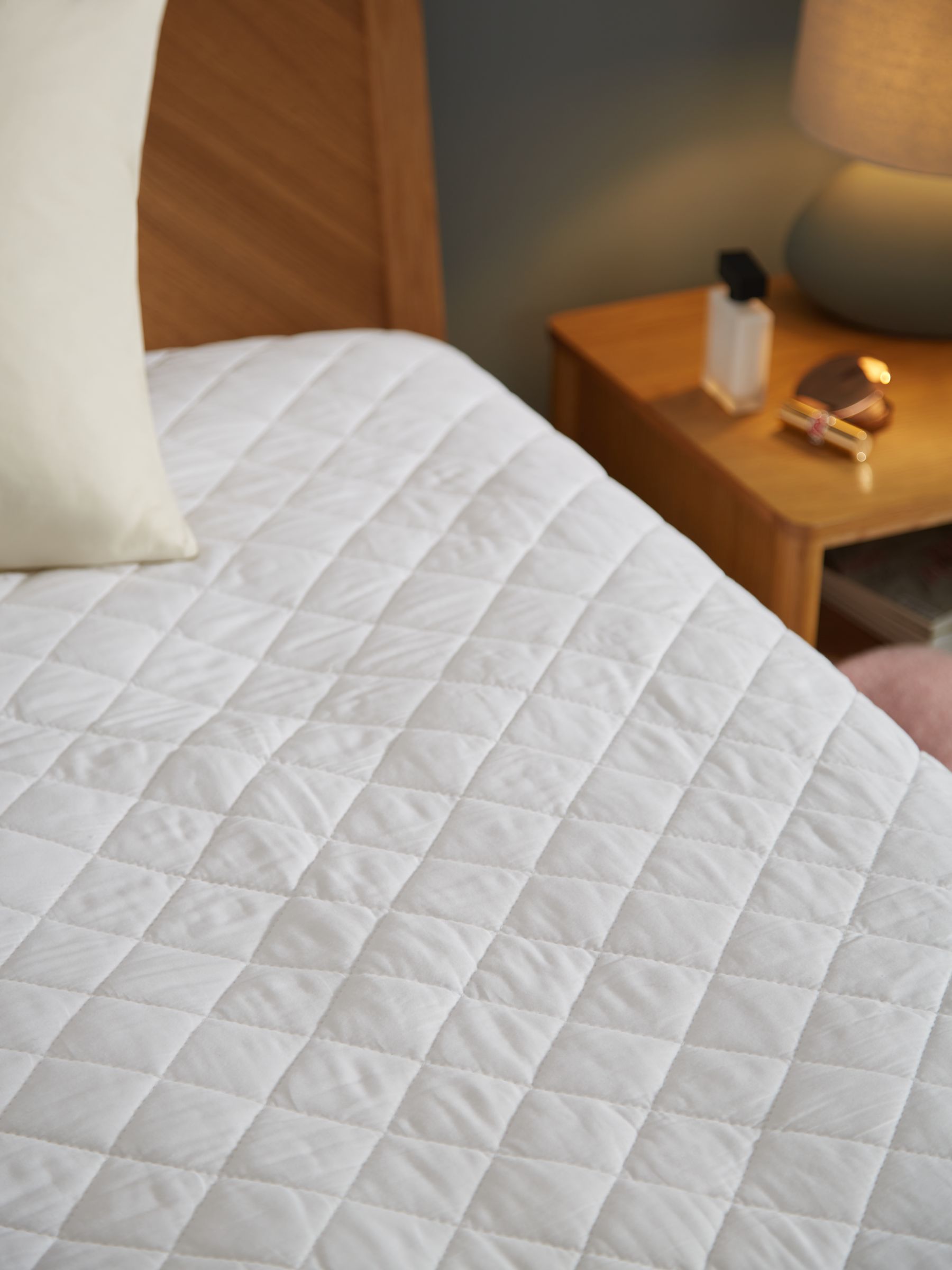



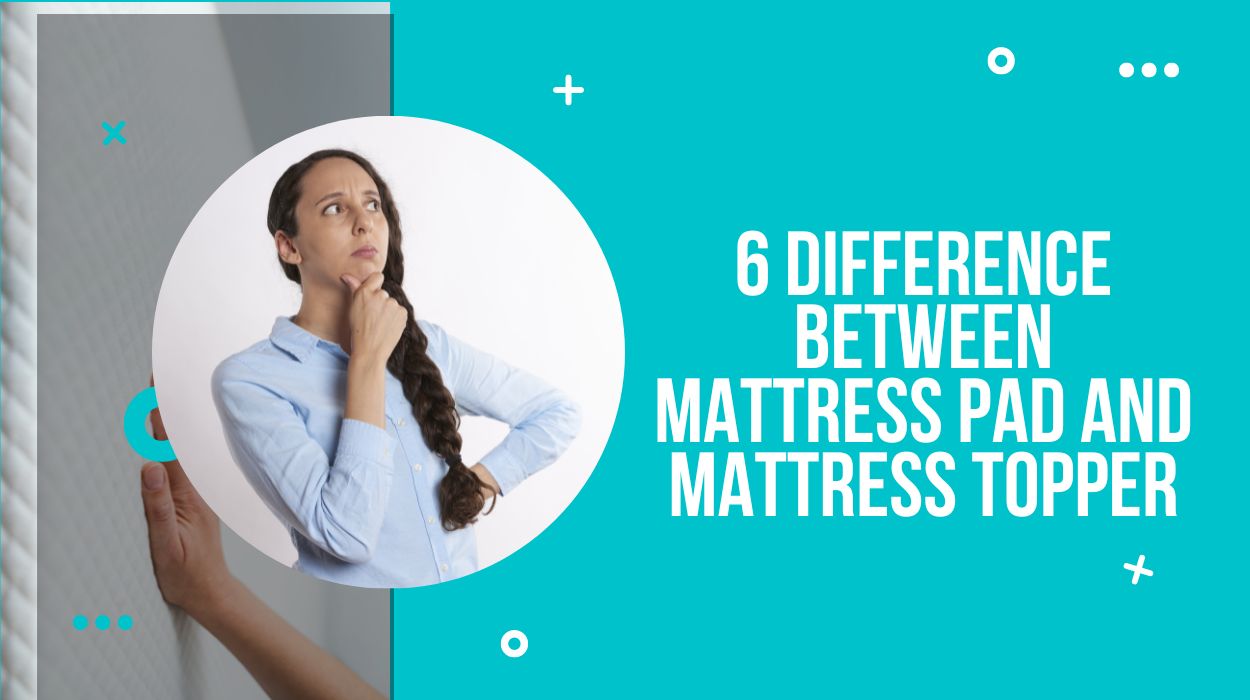

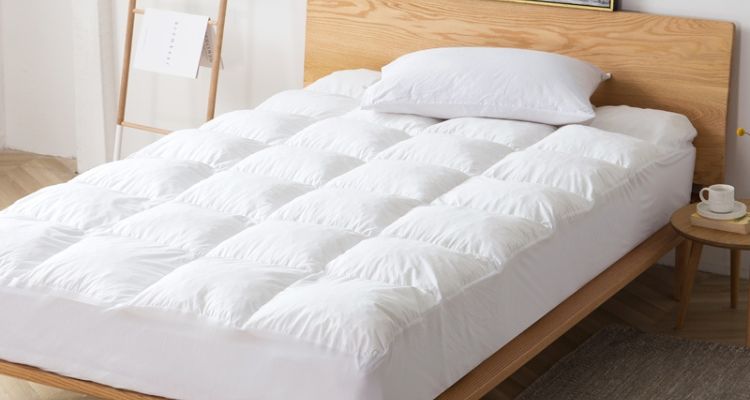
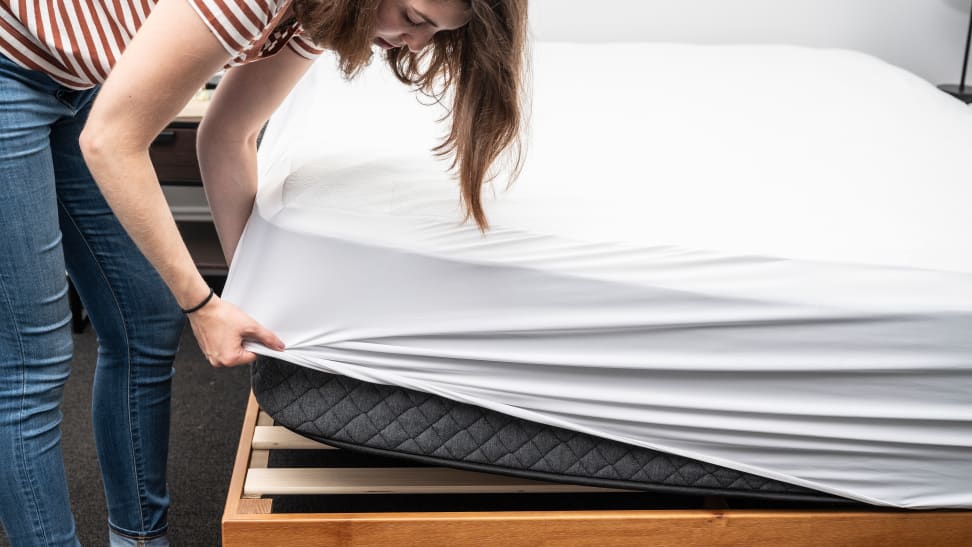
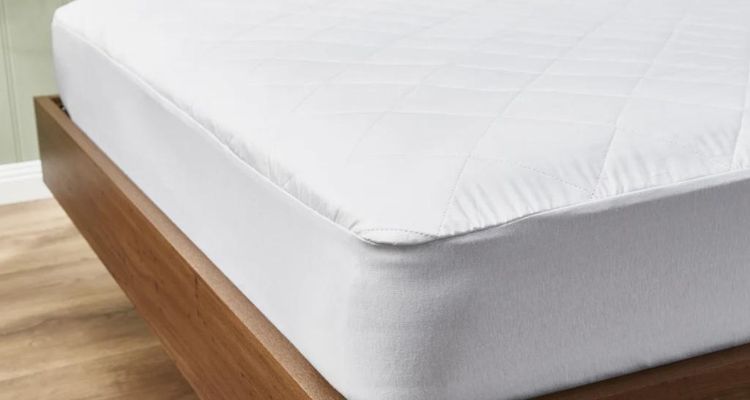
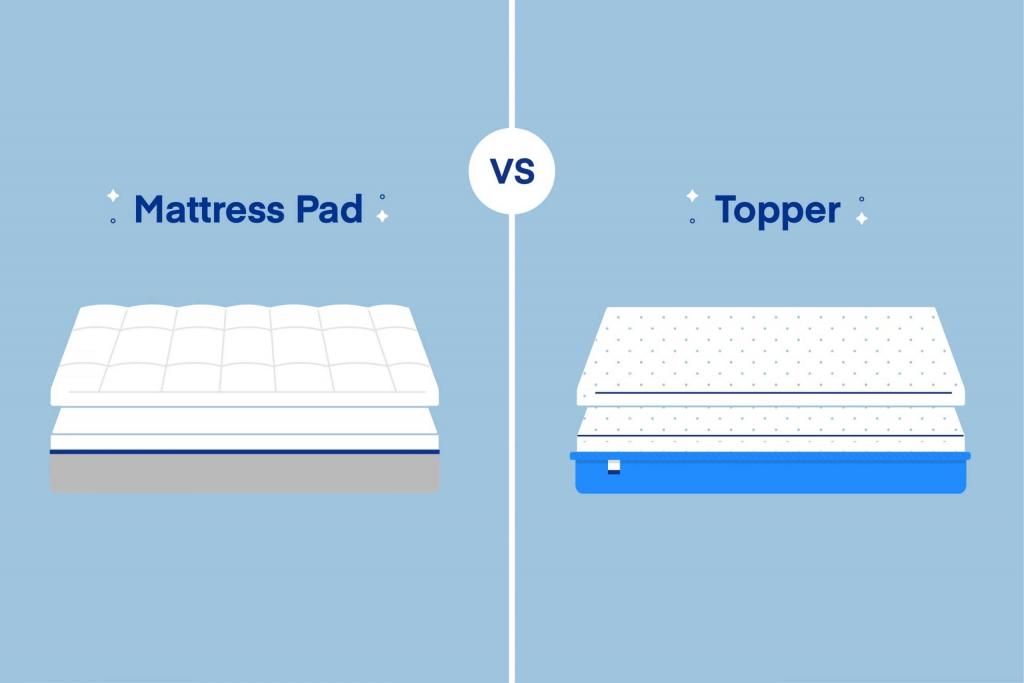

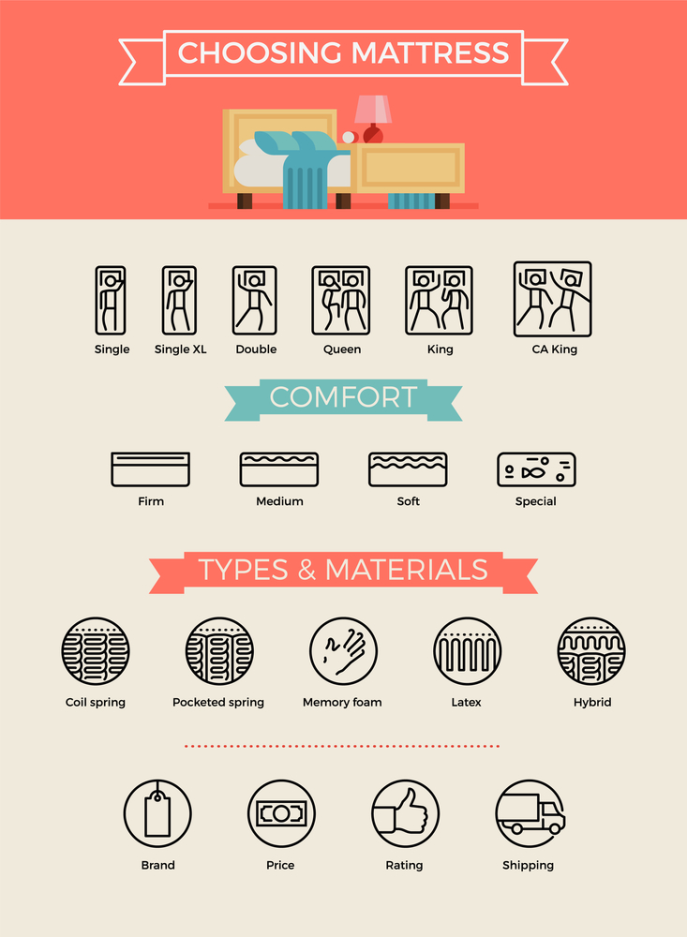





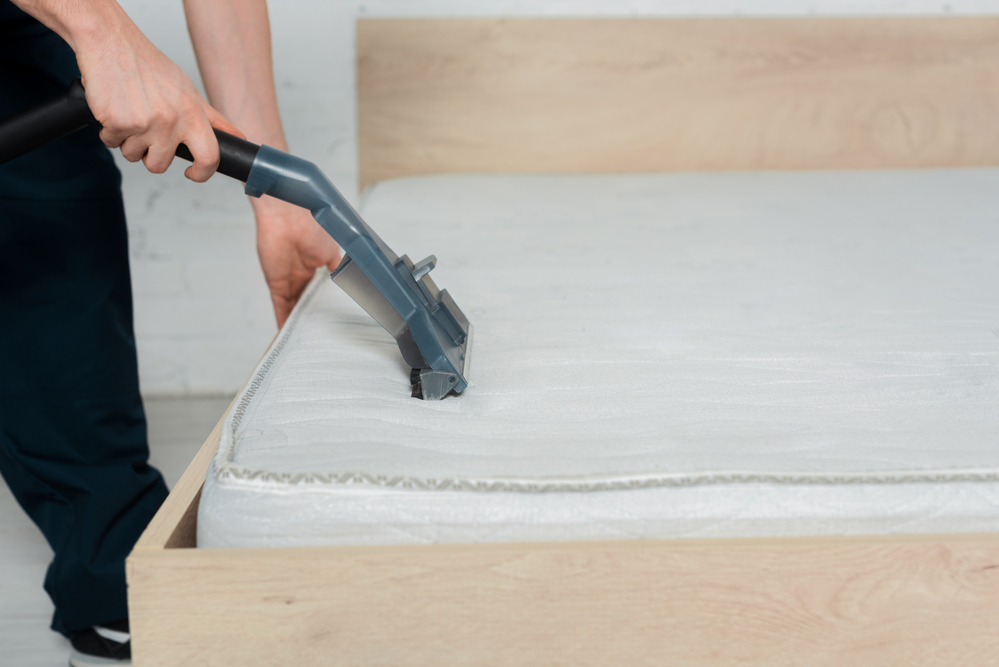









.gif)
